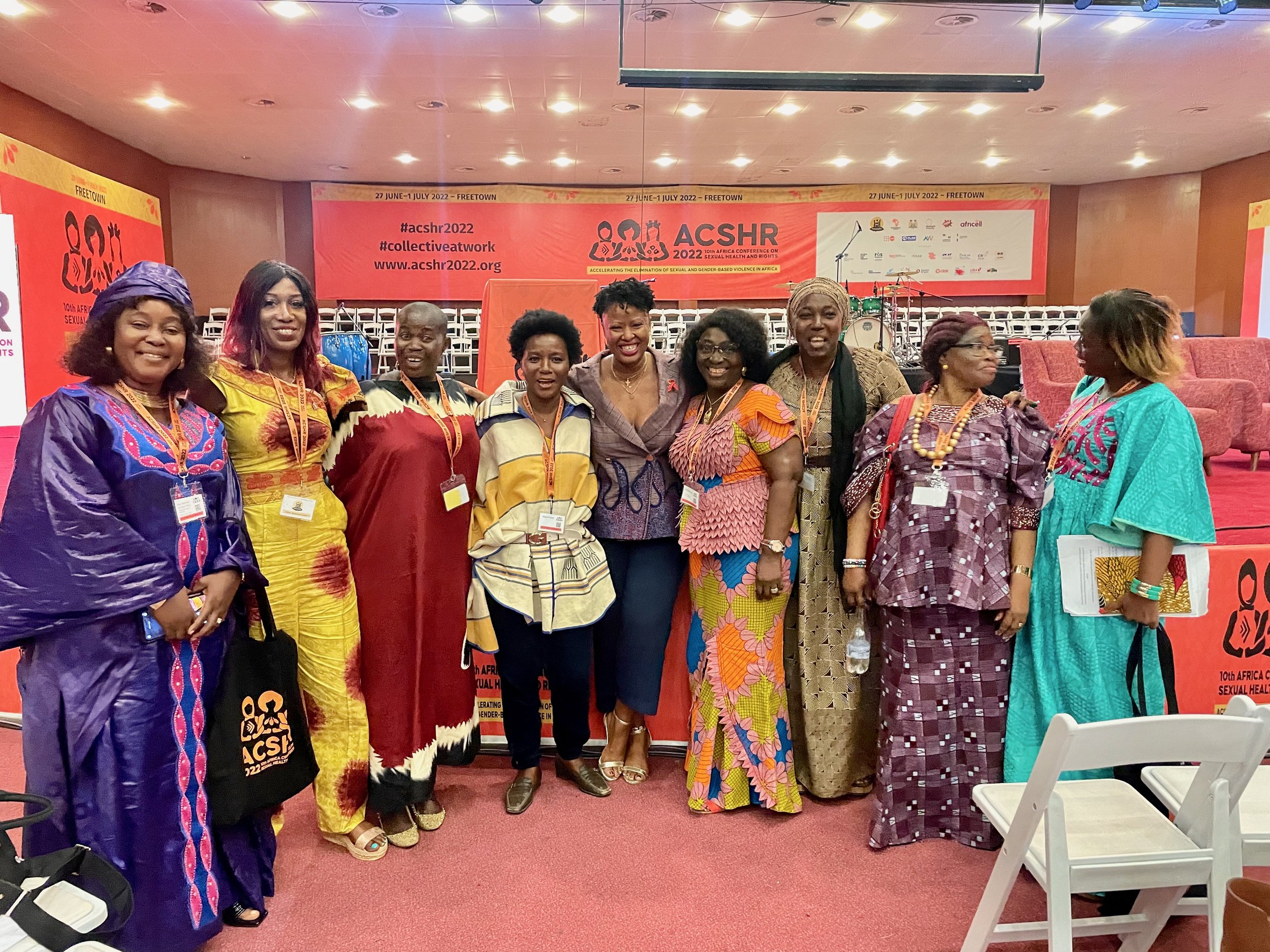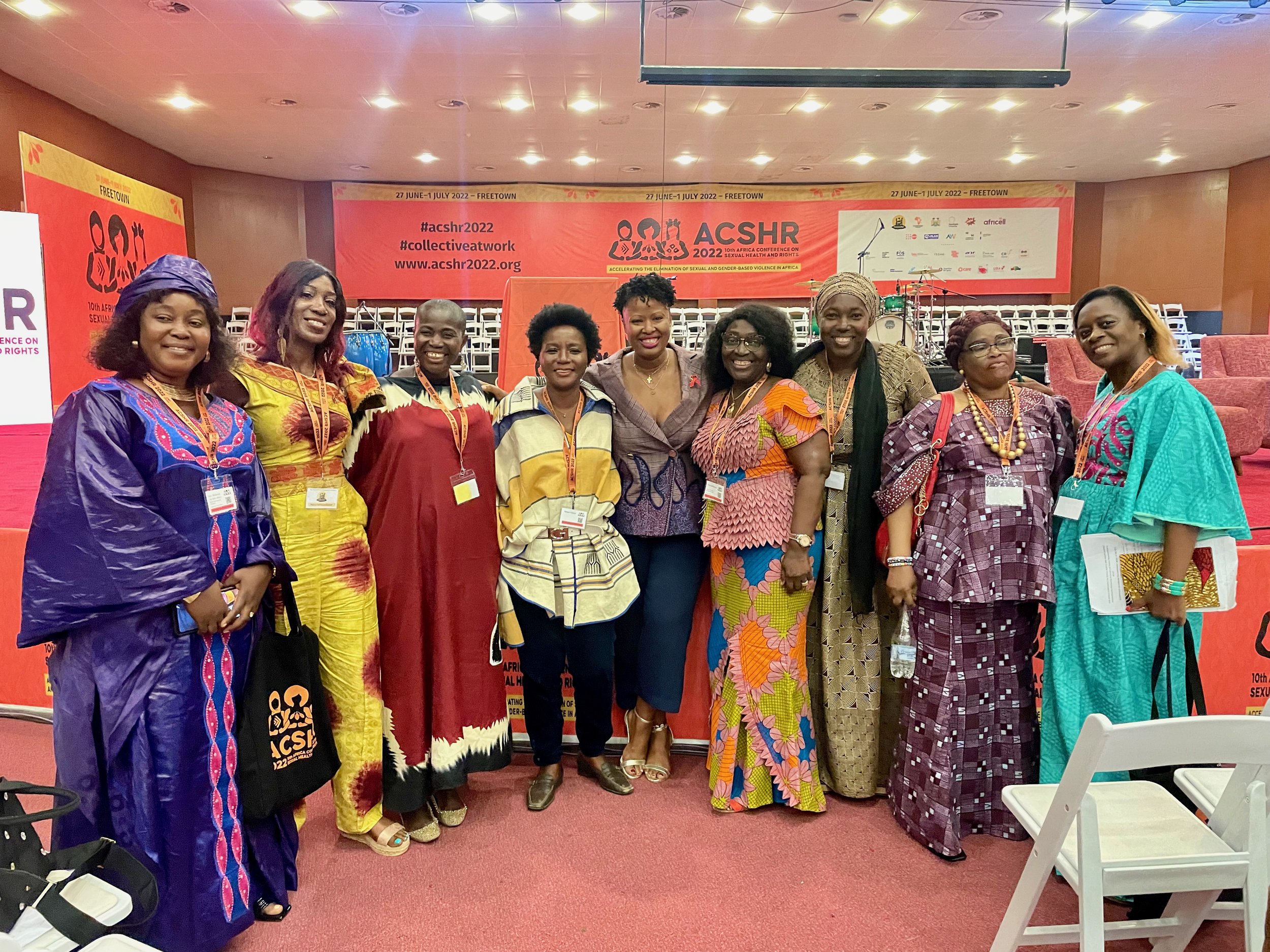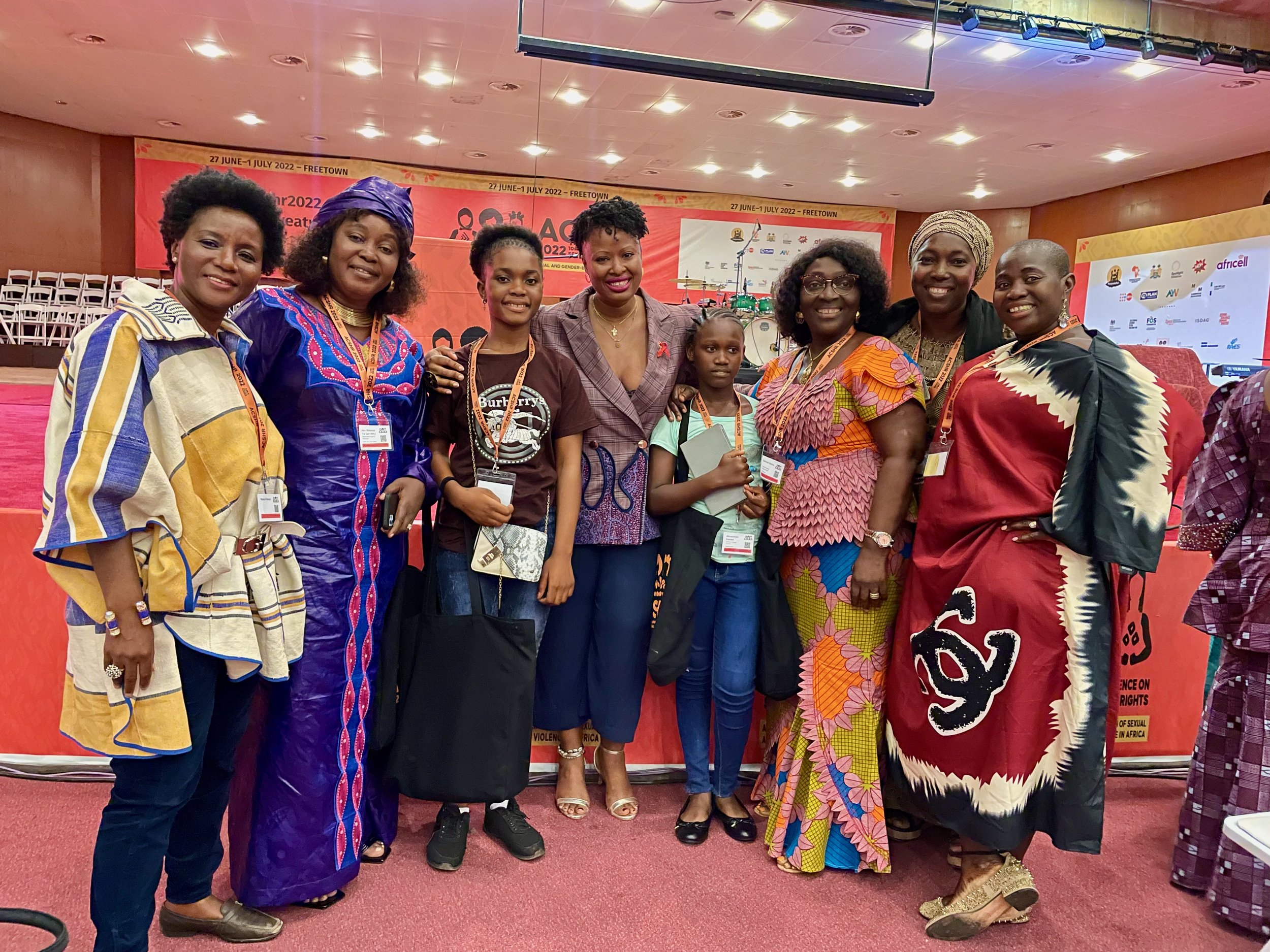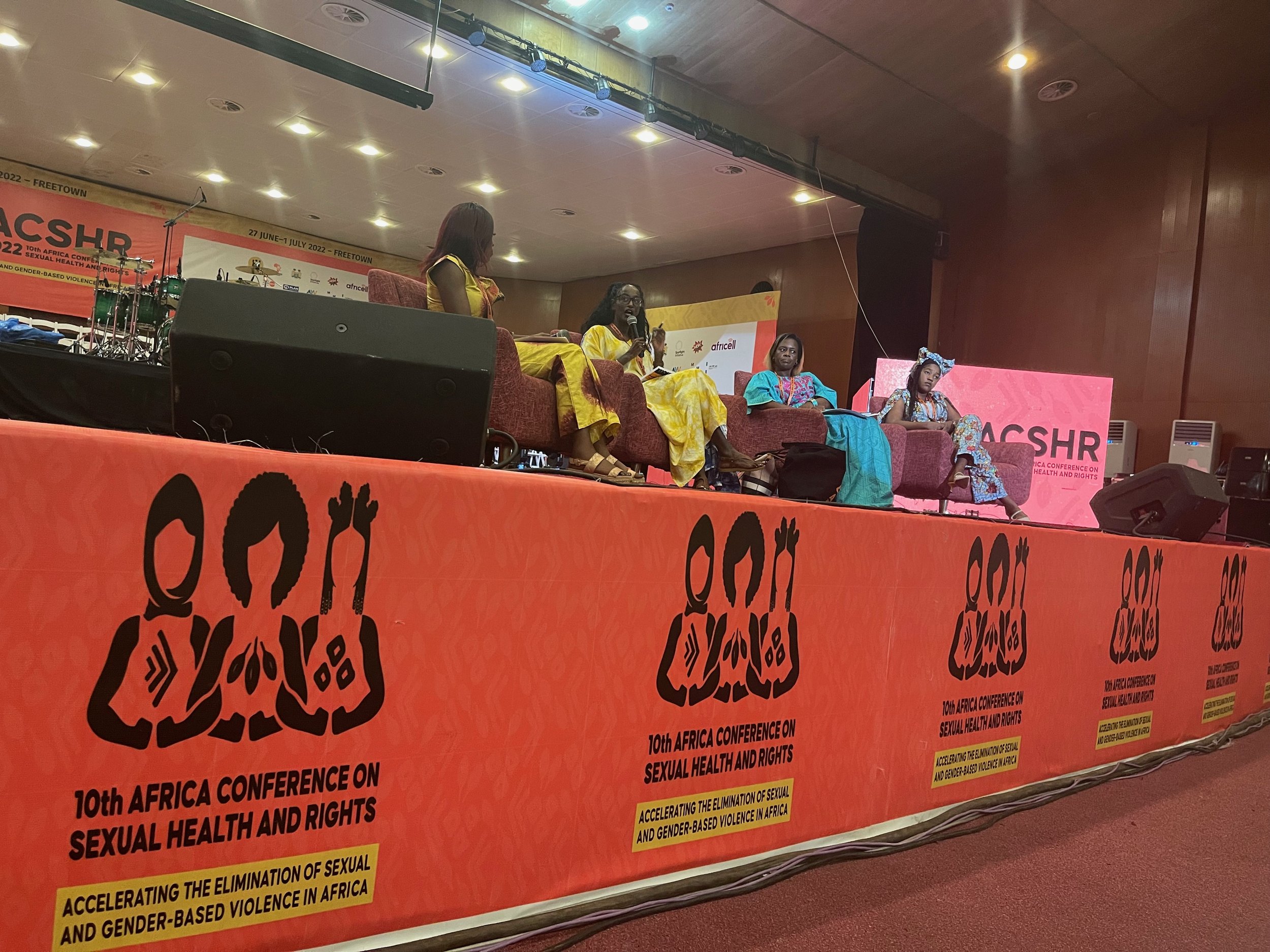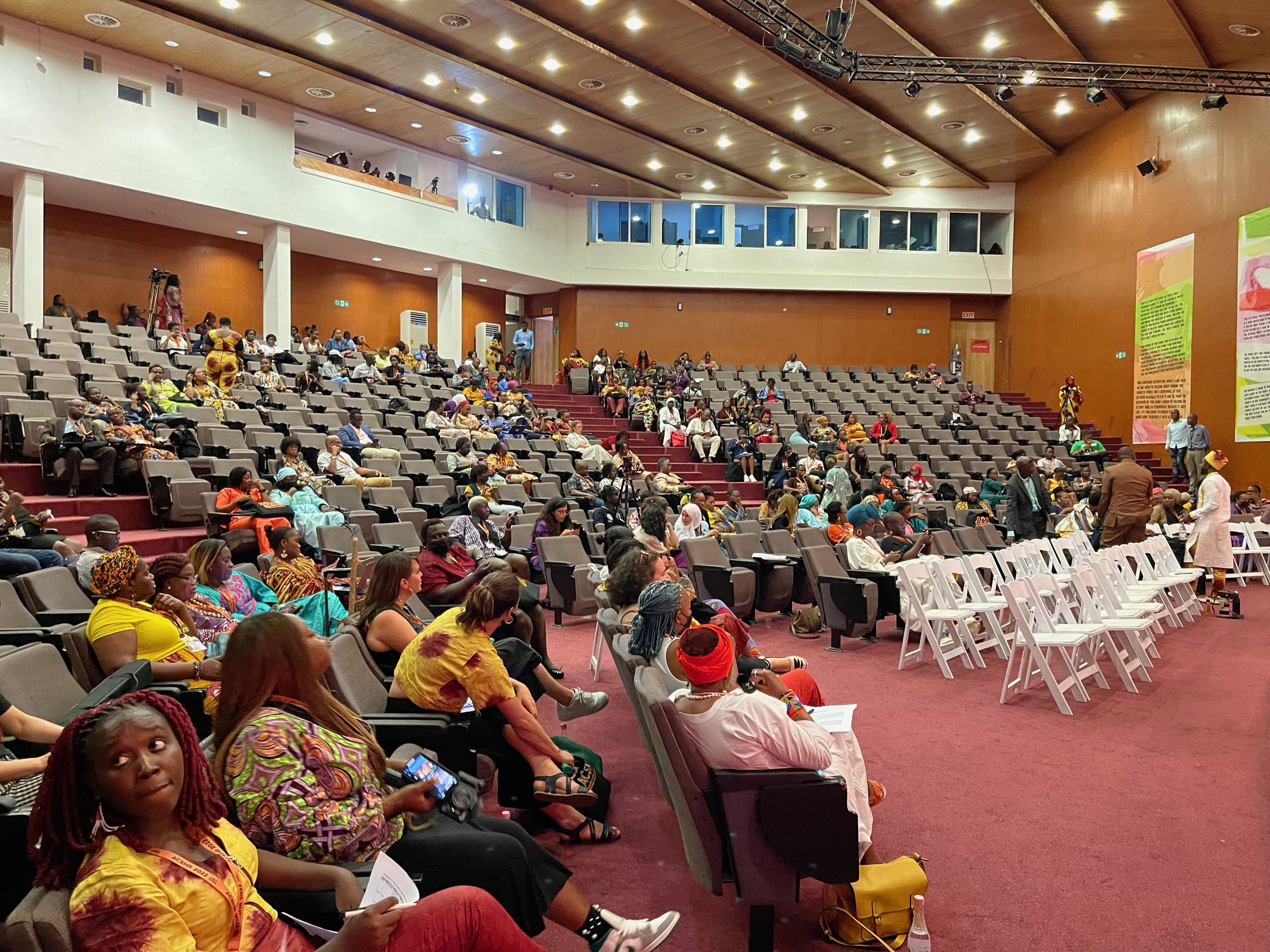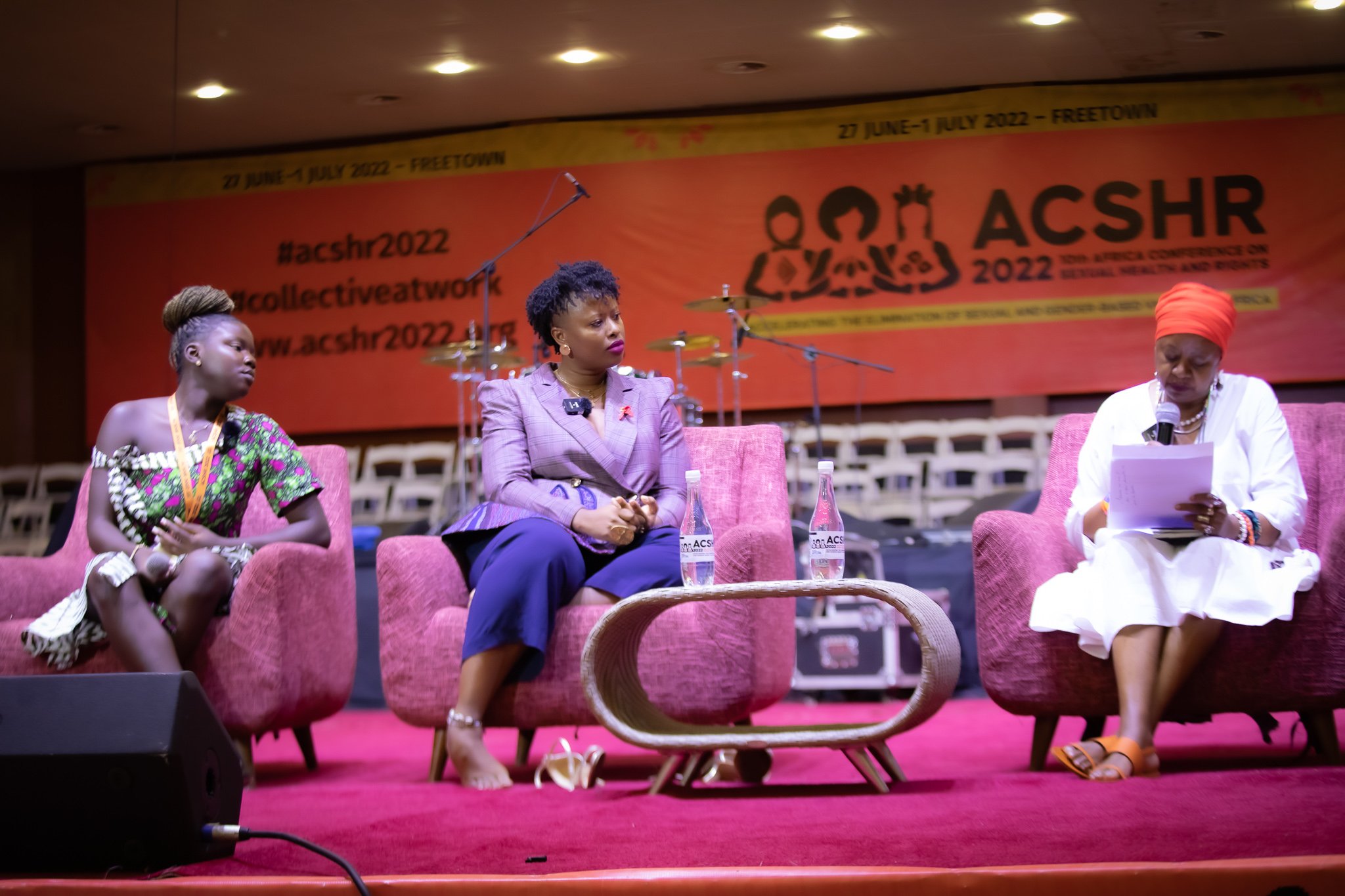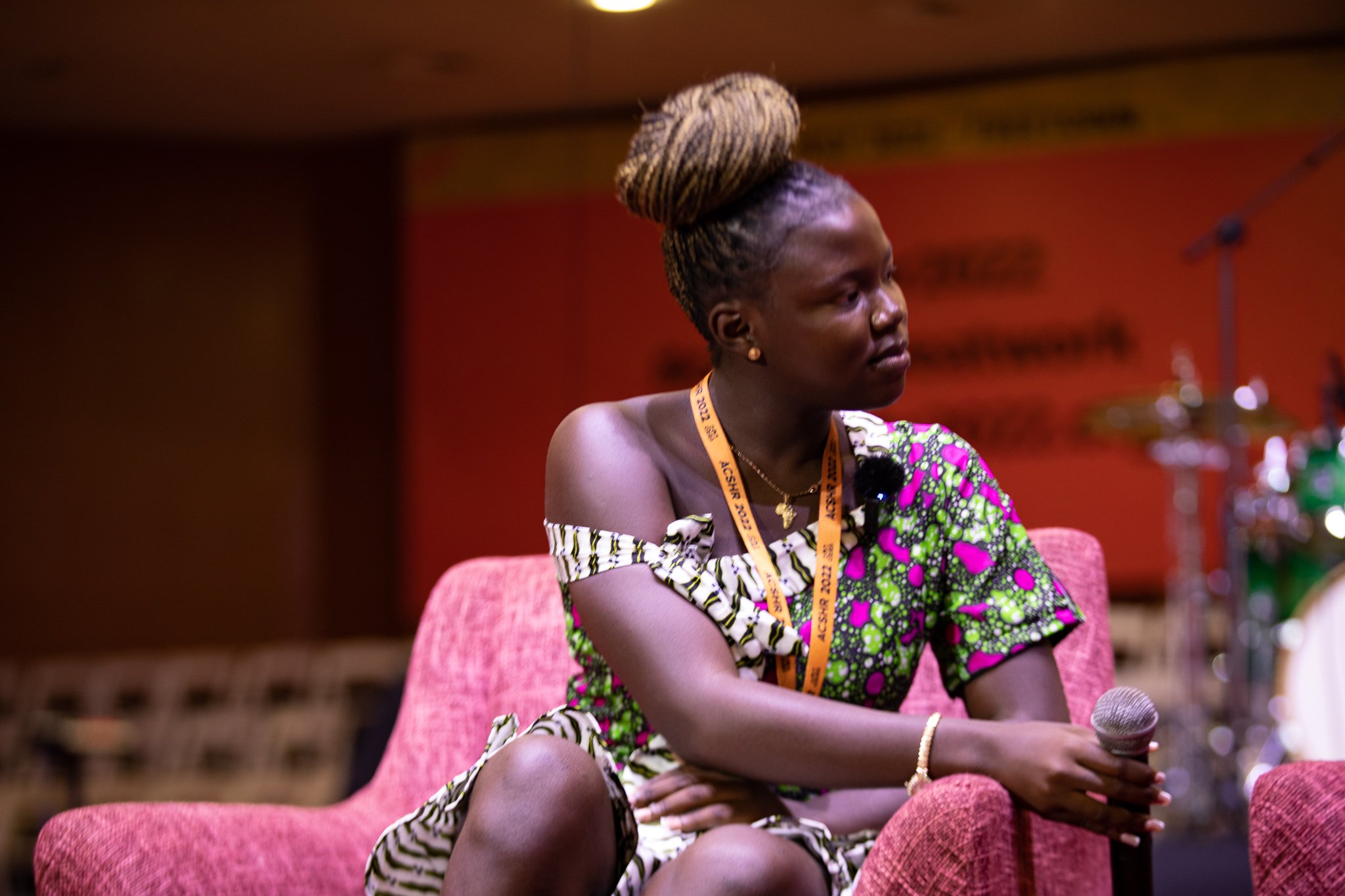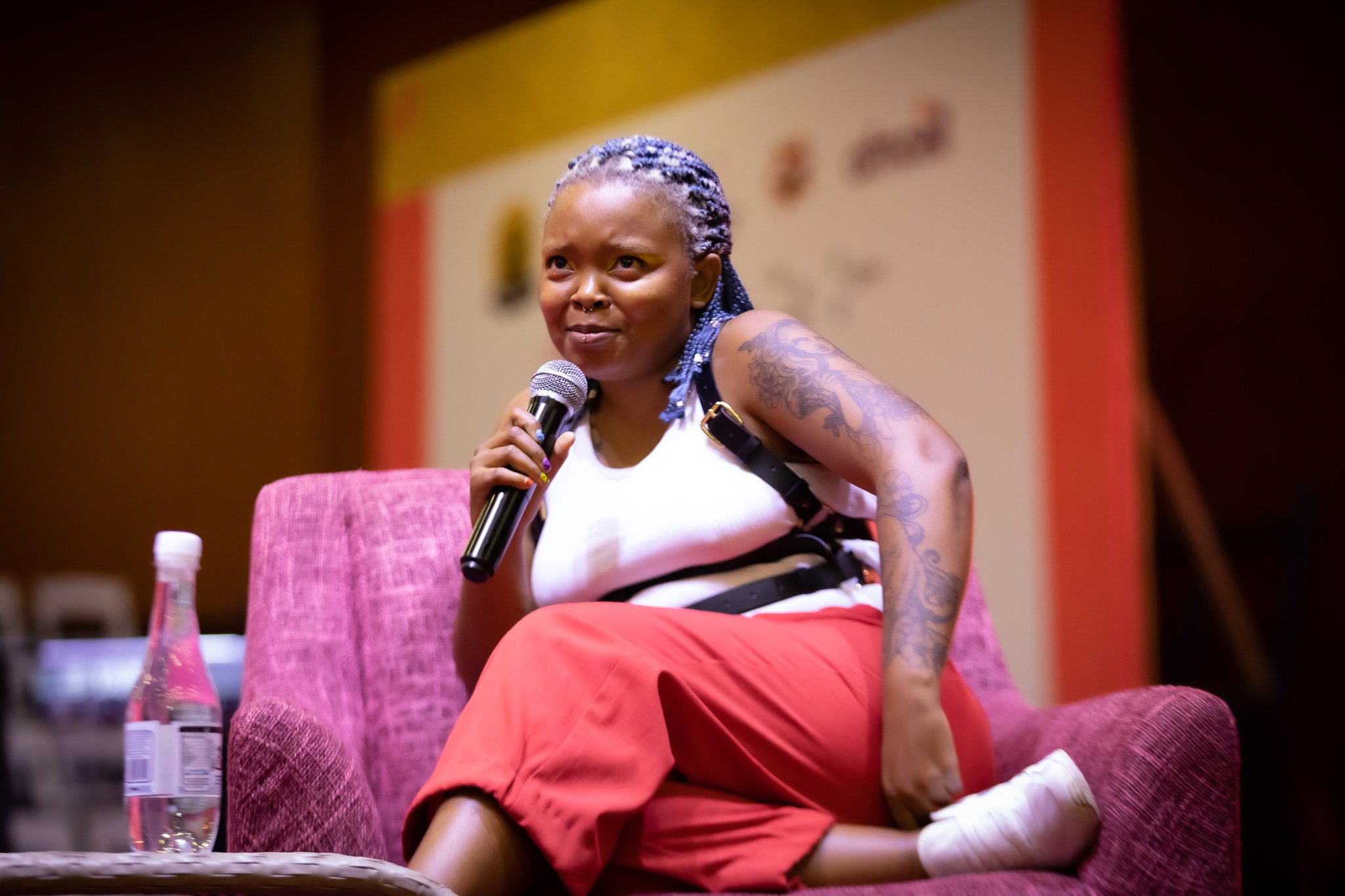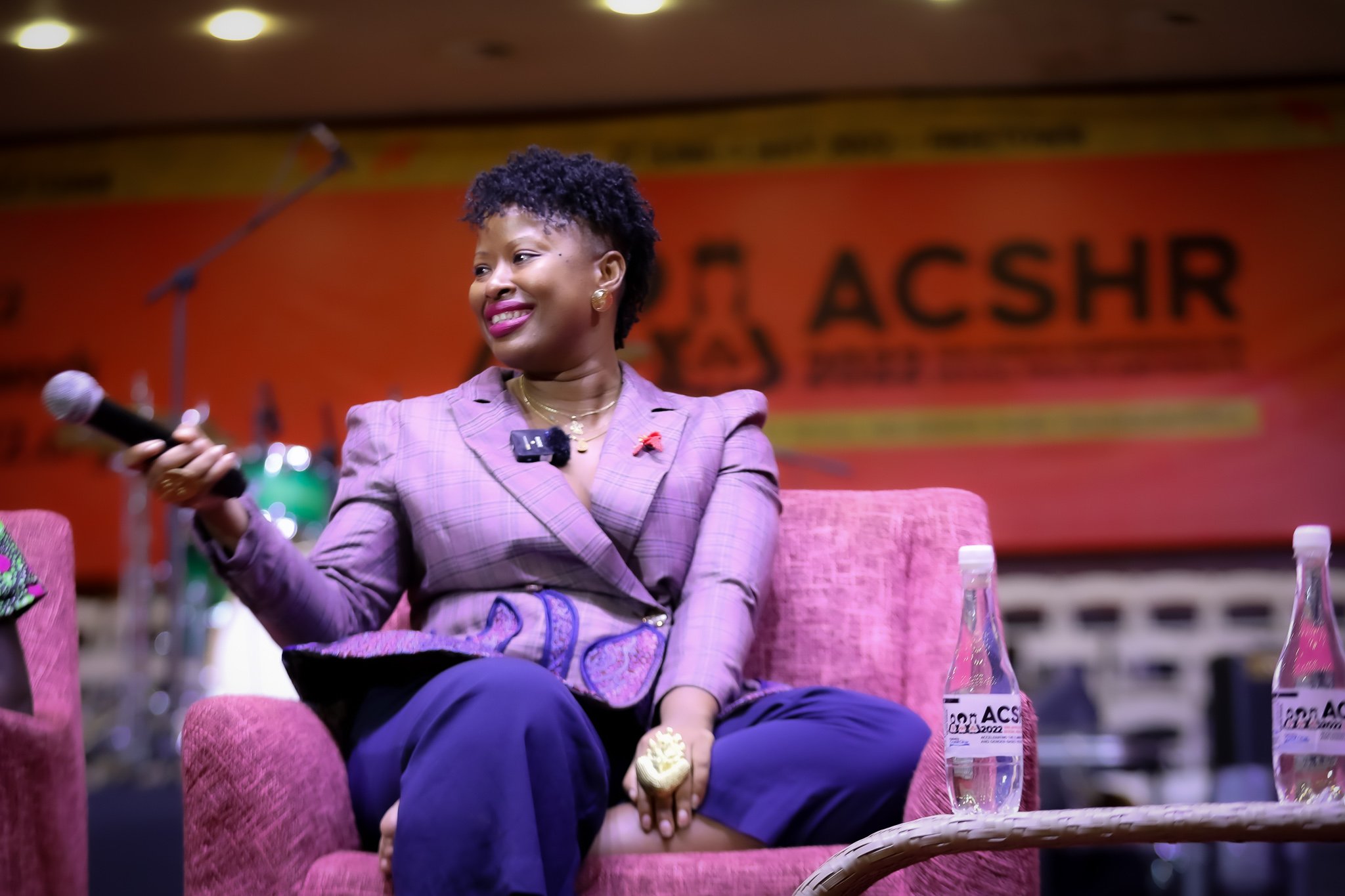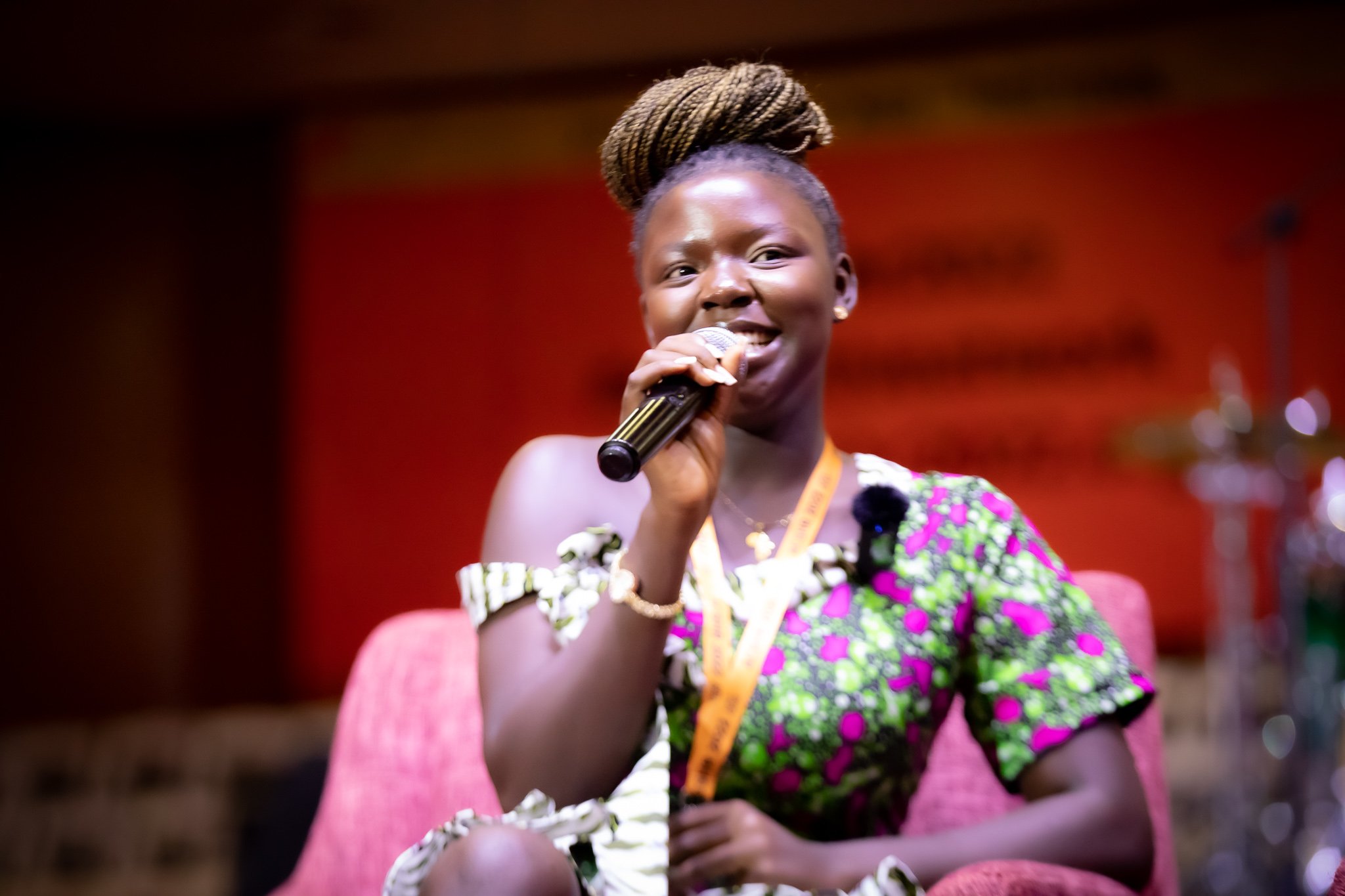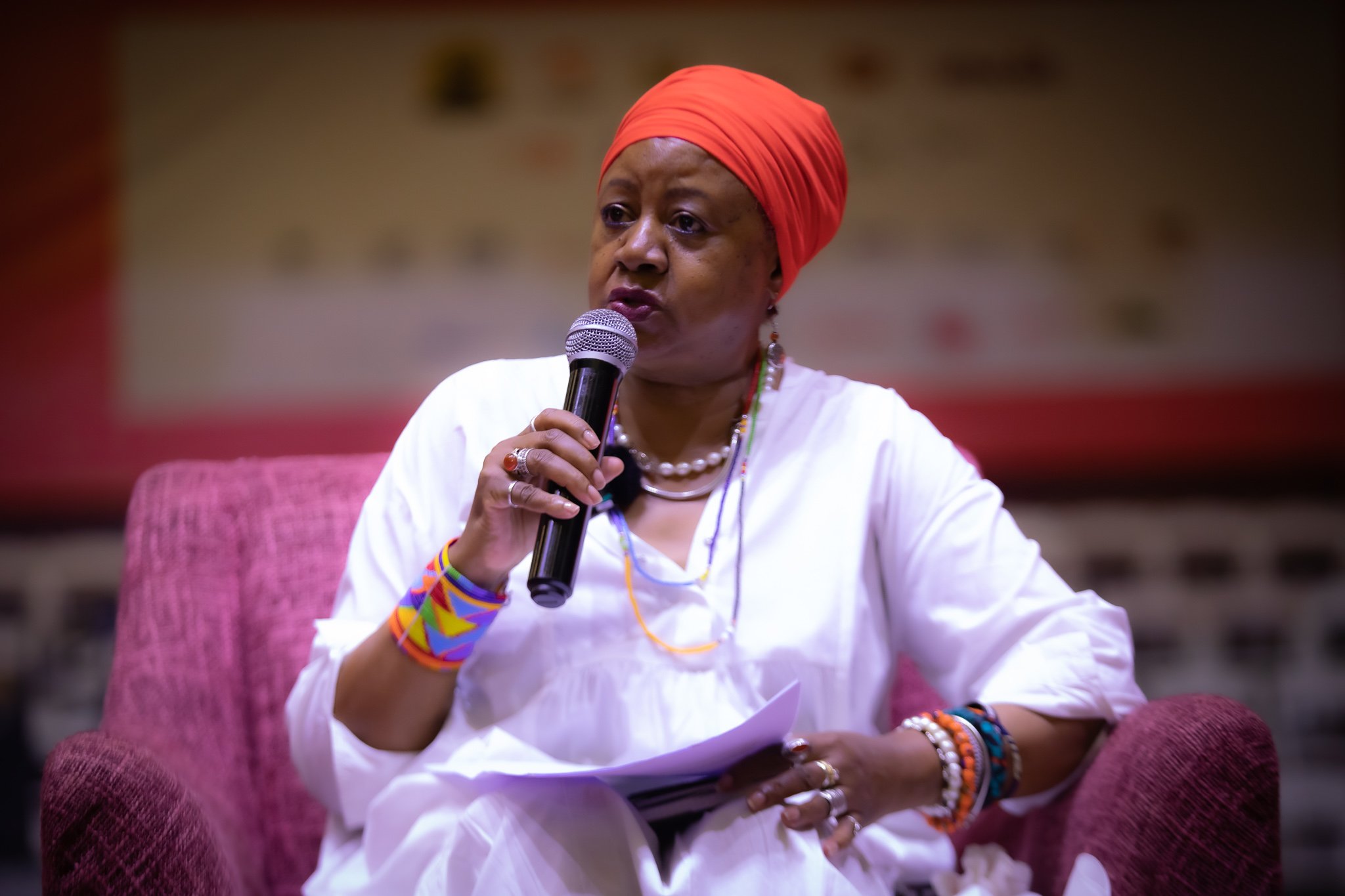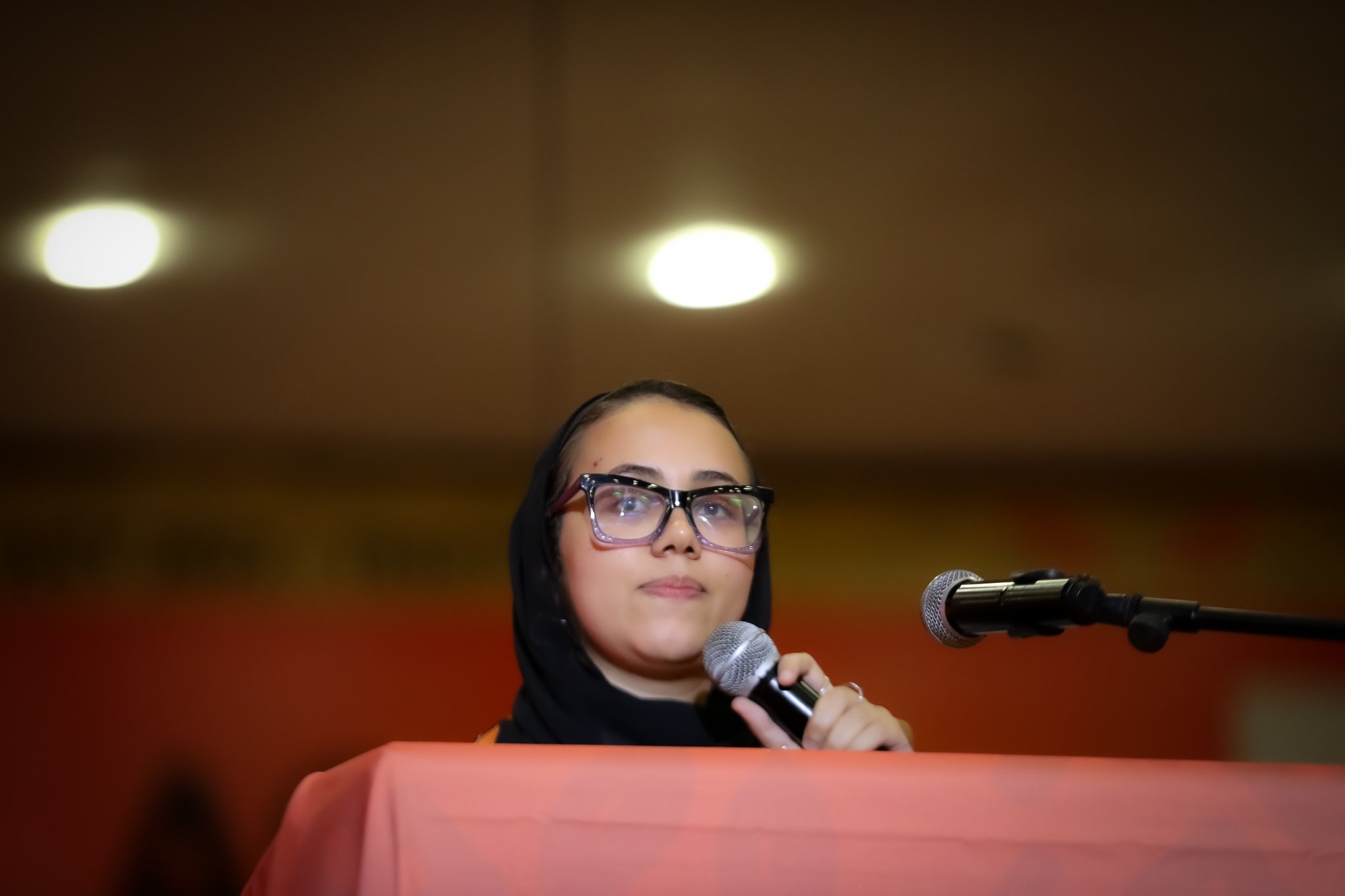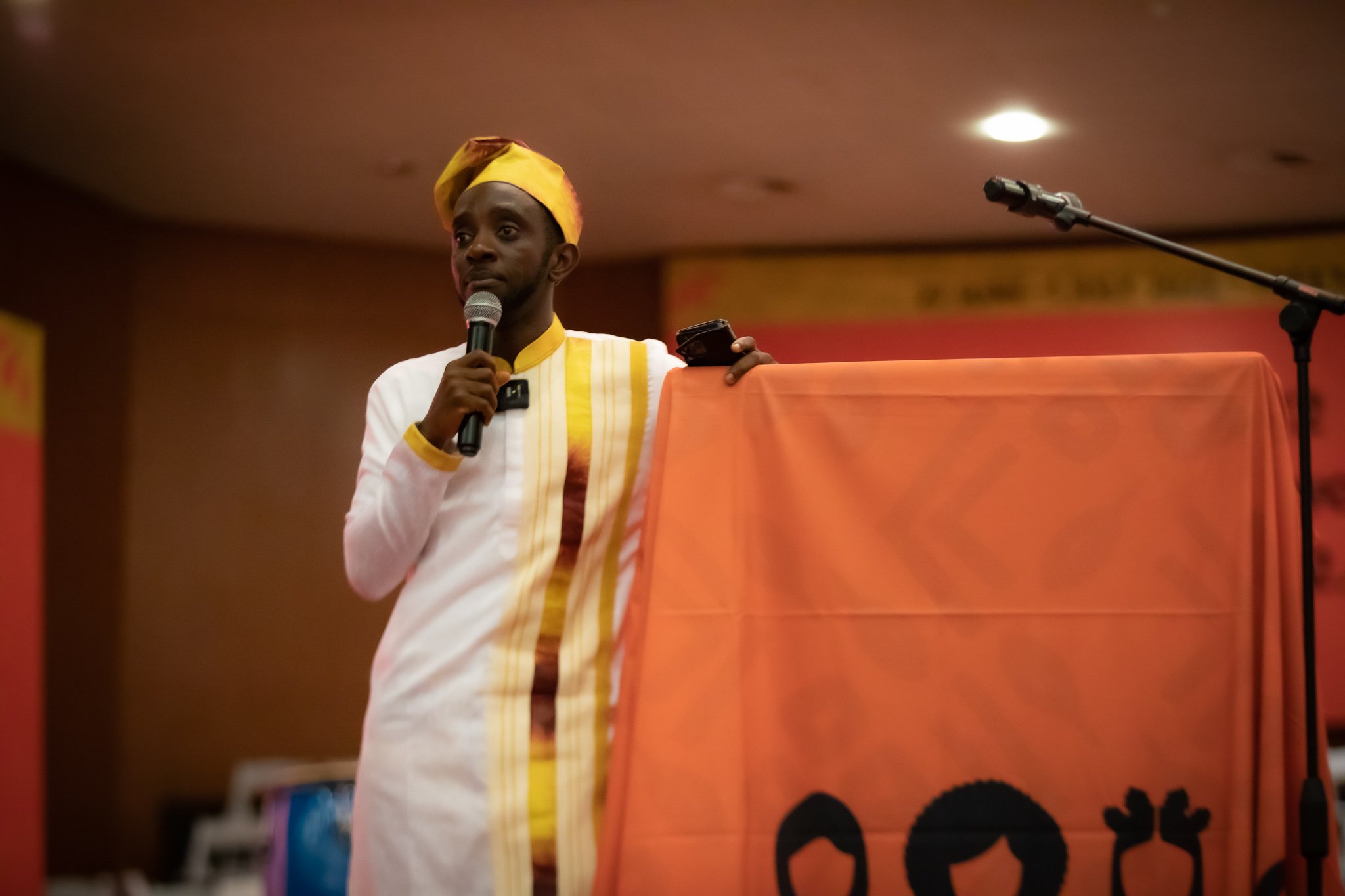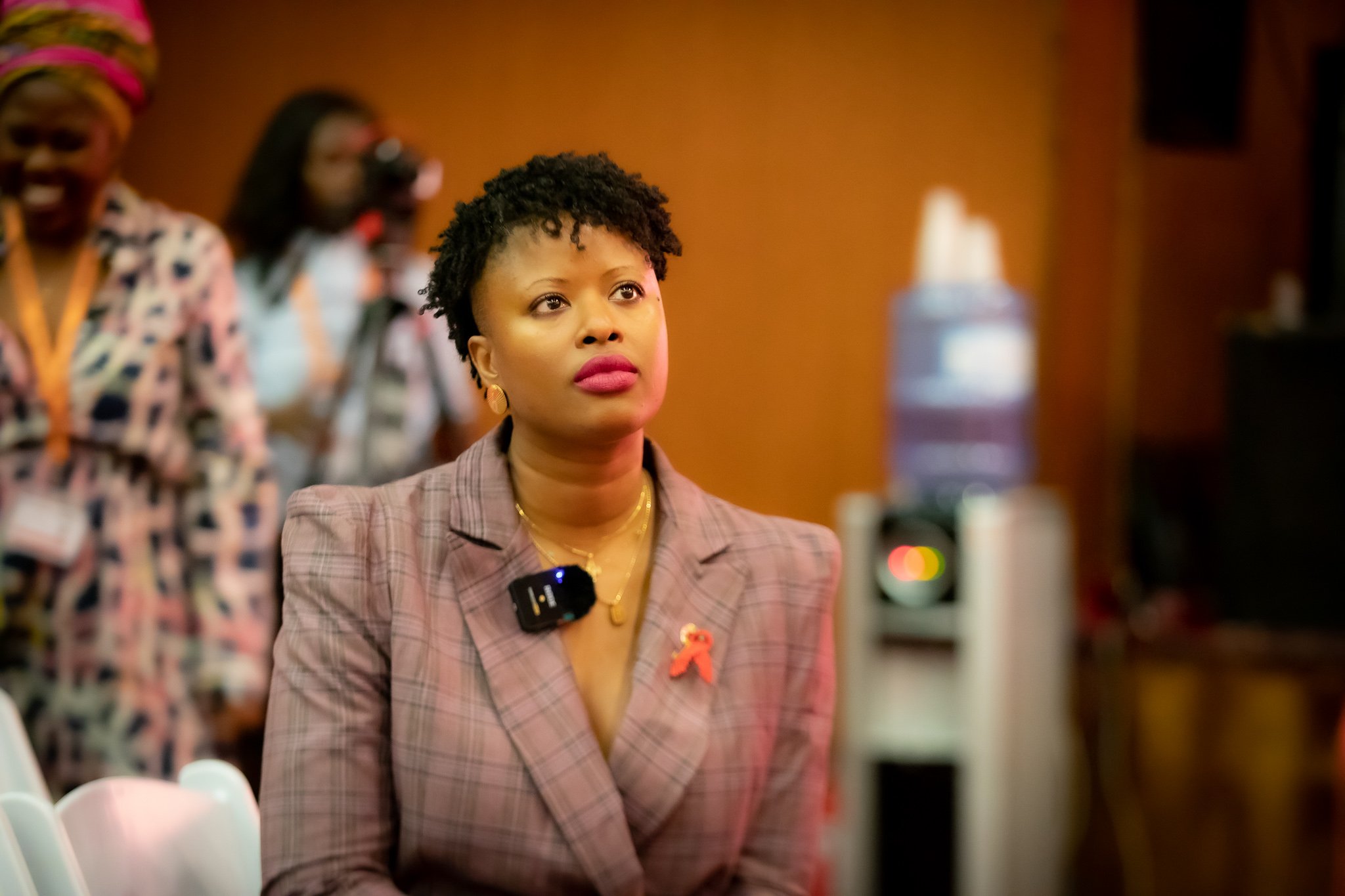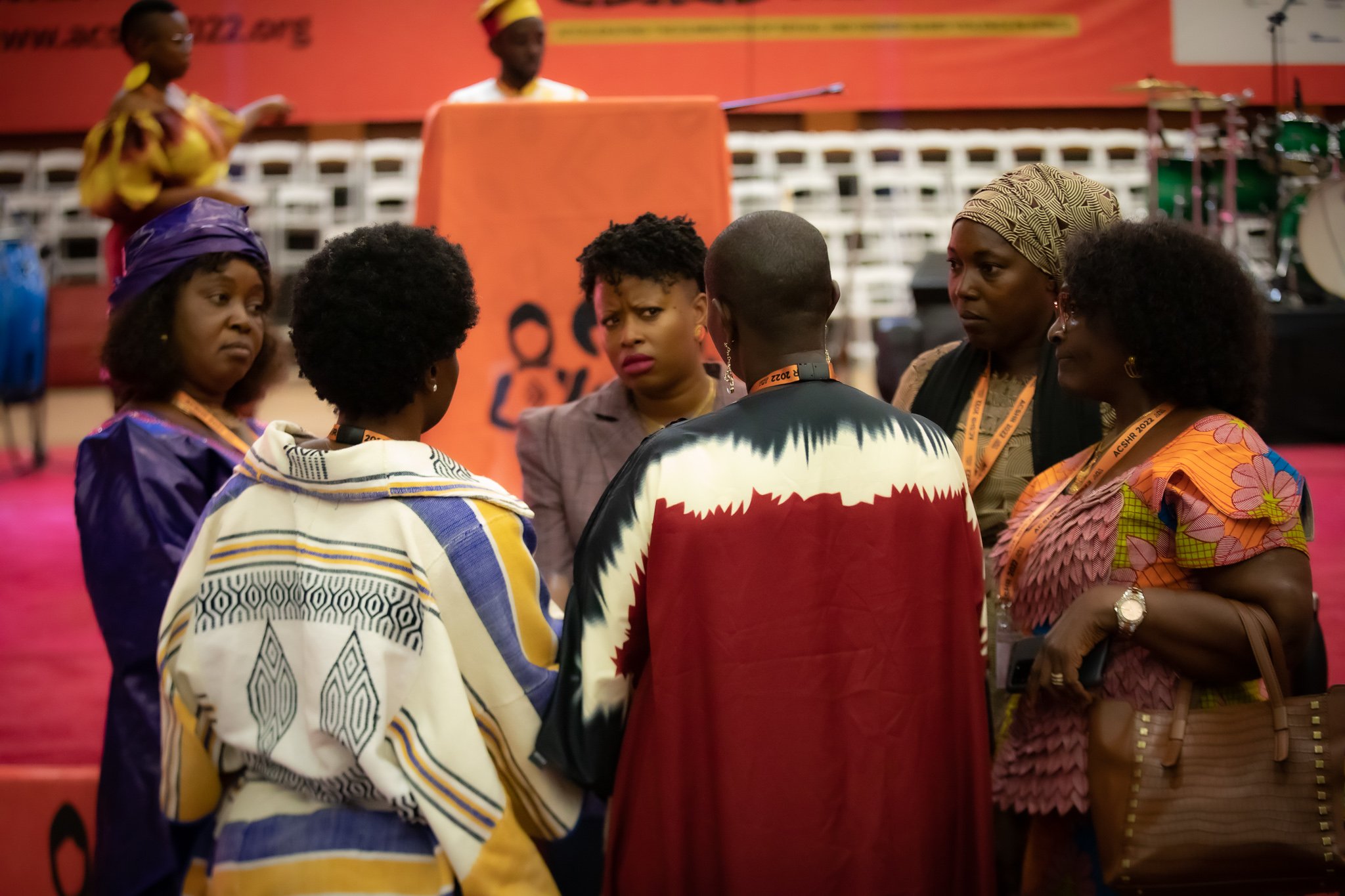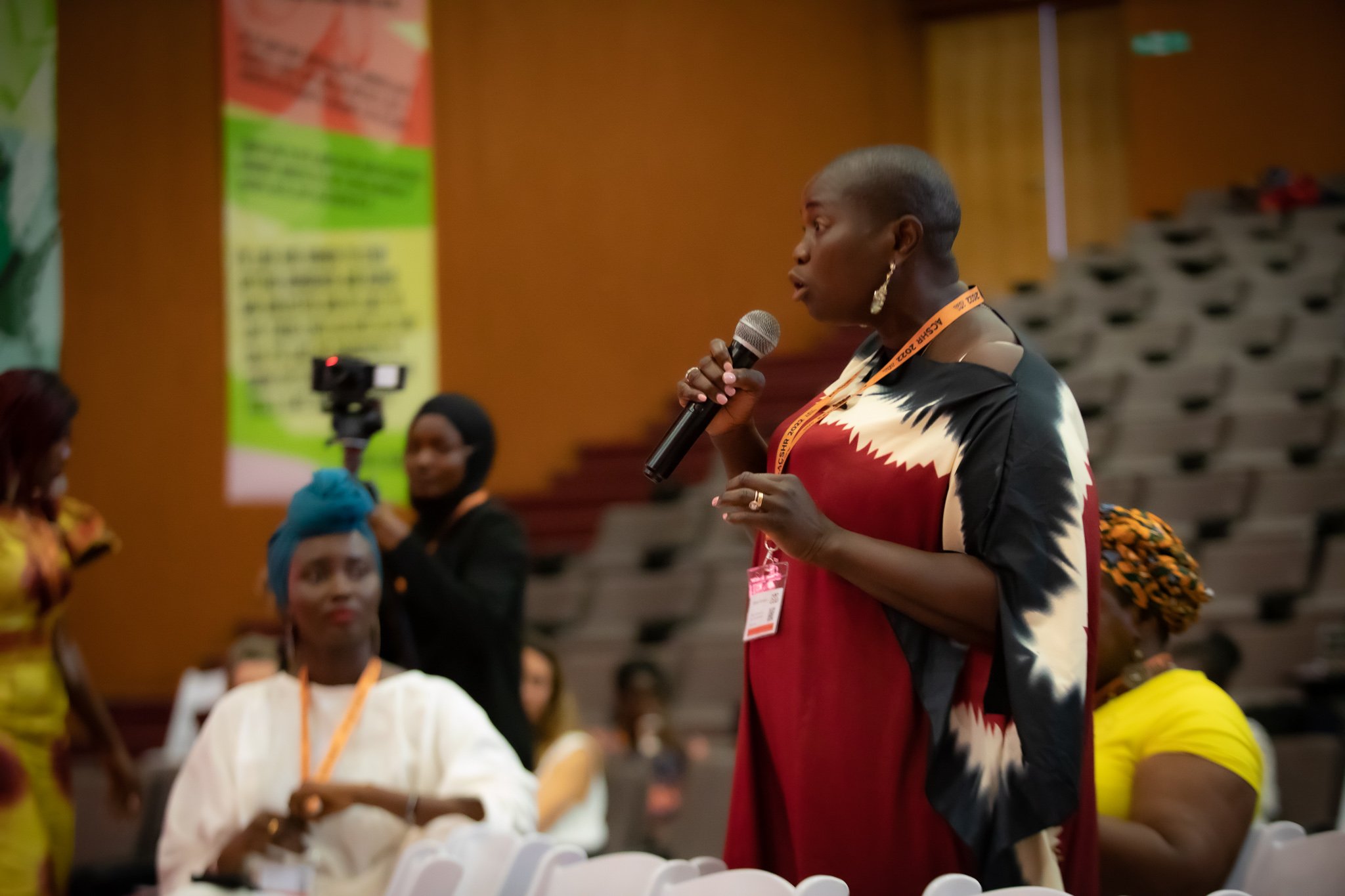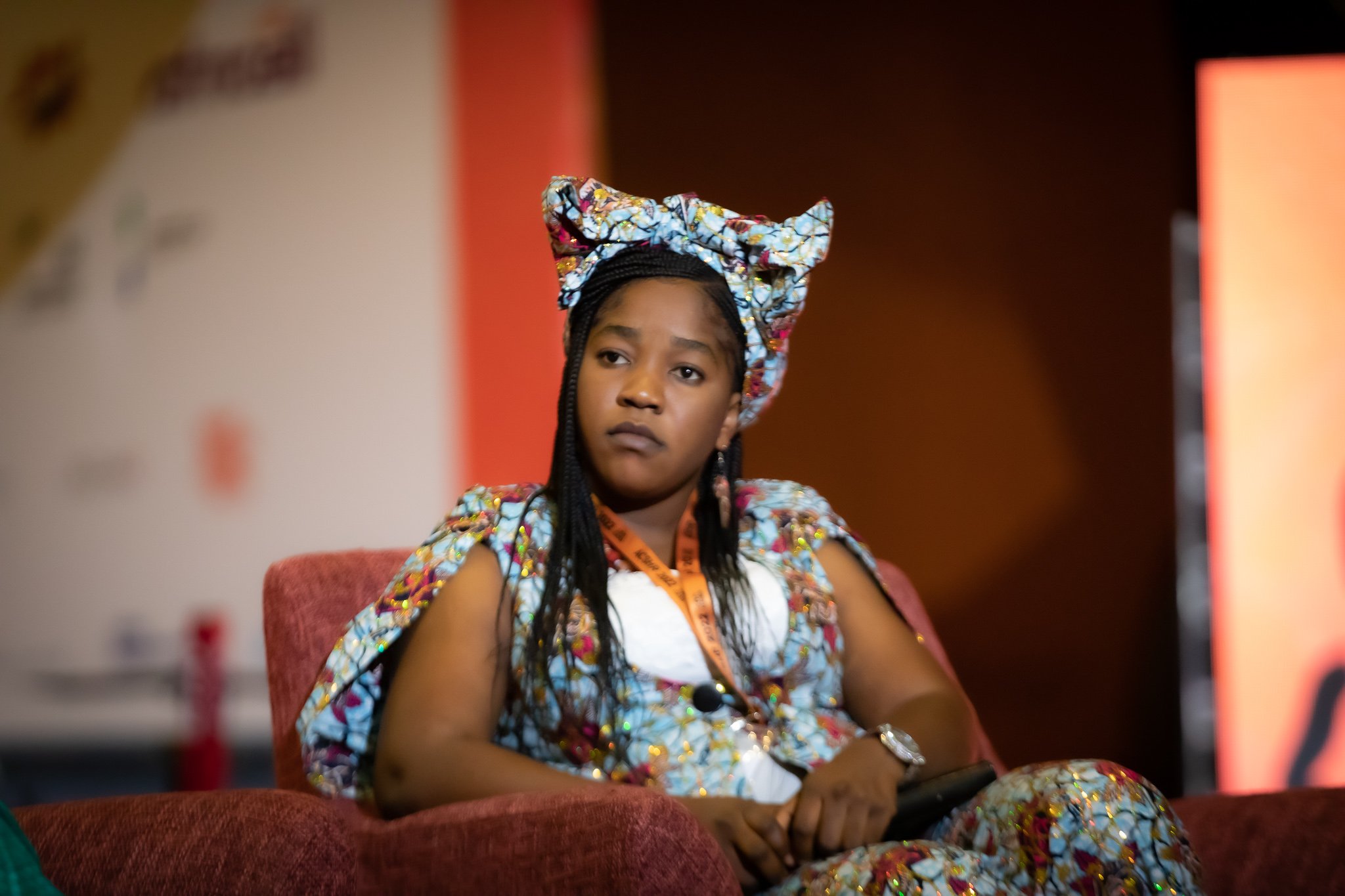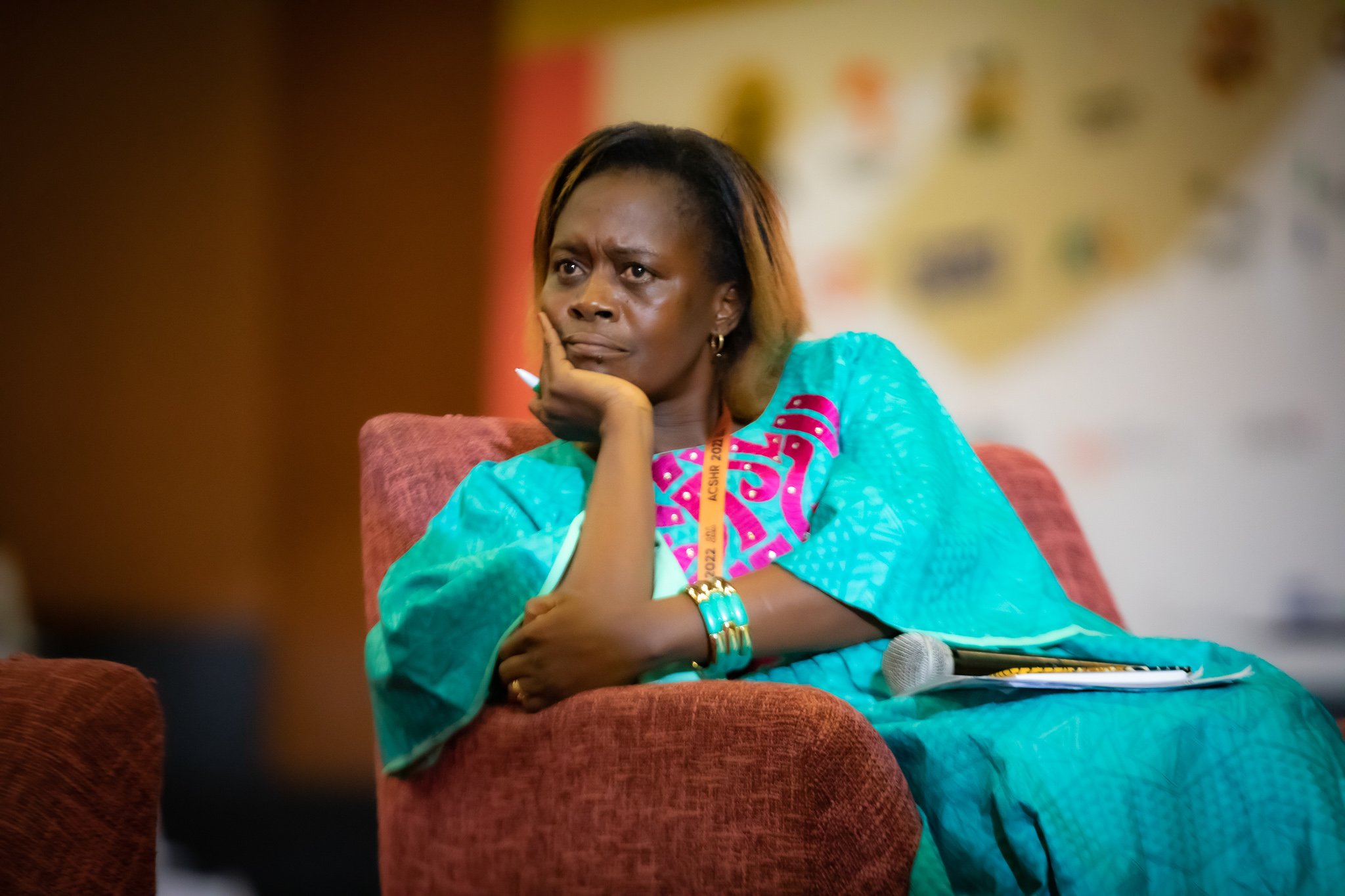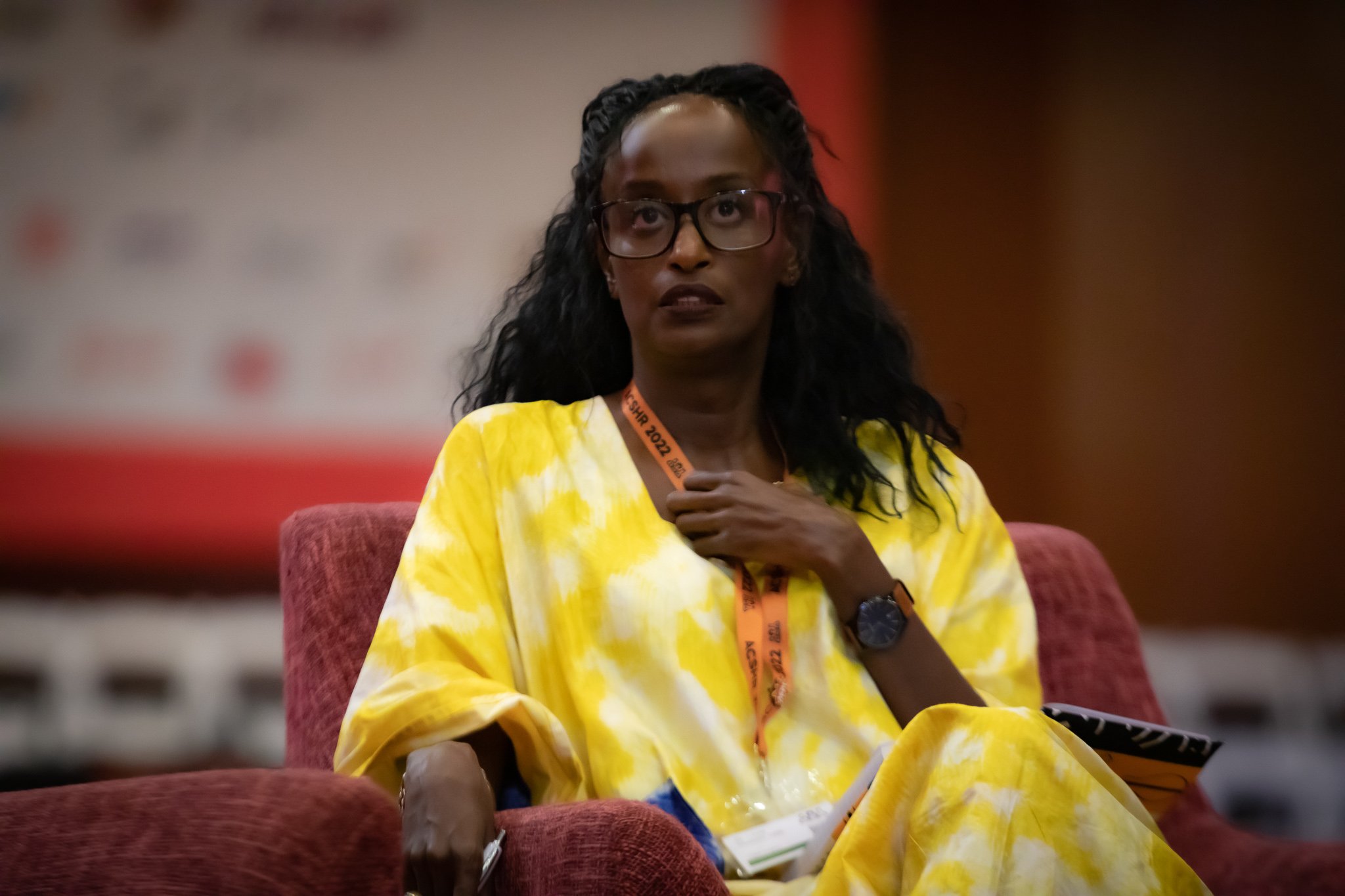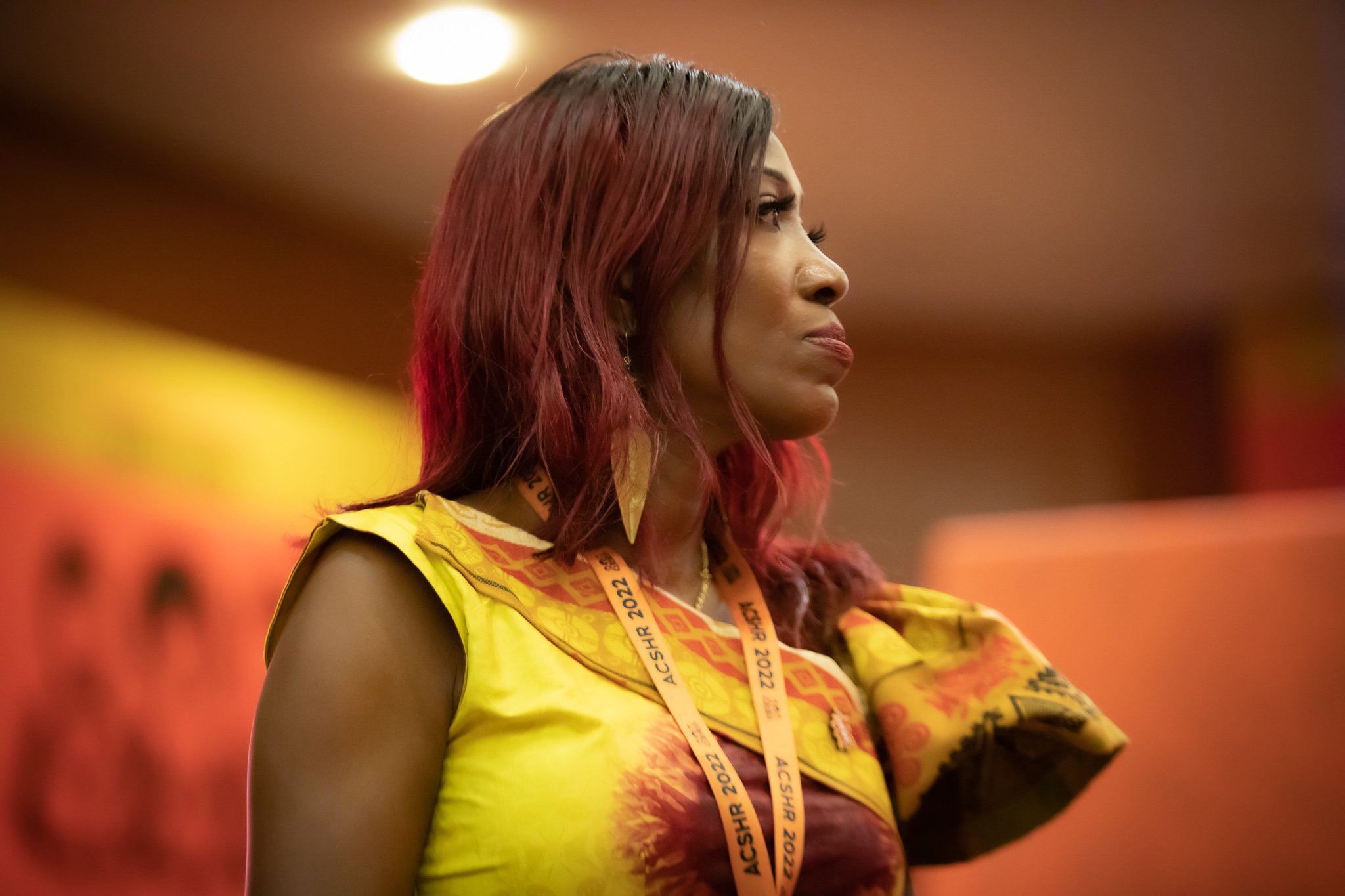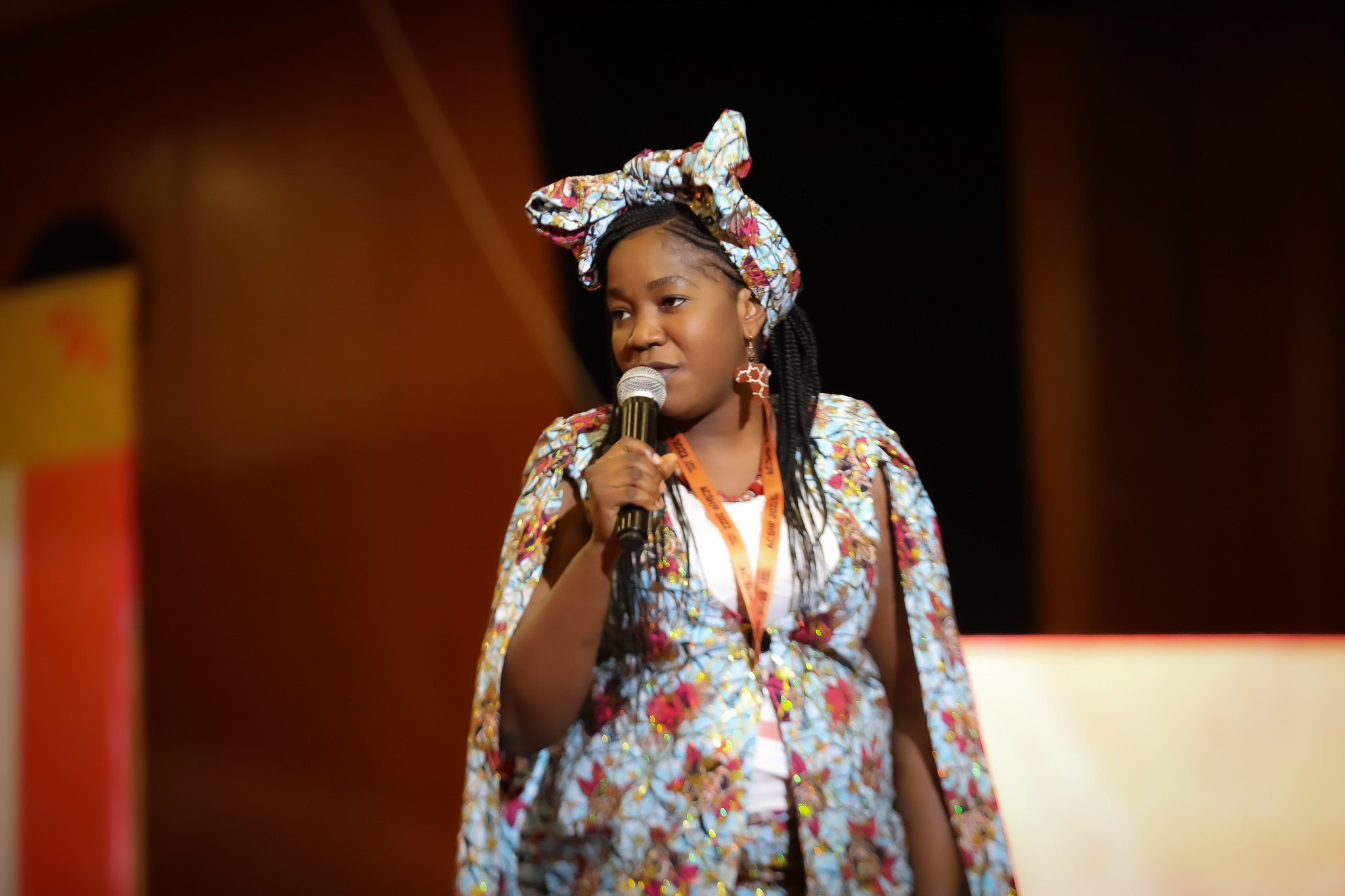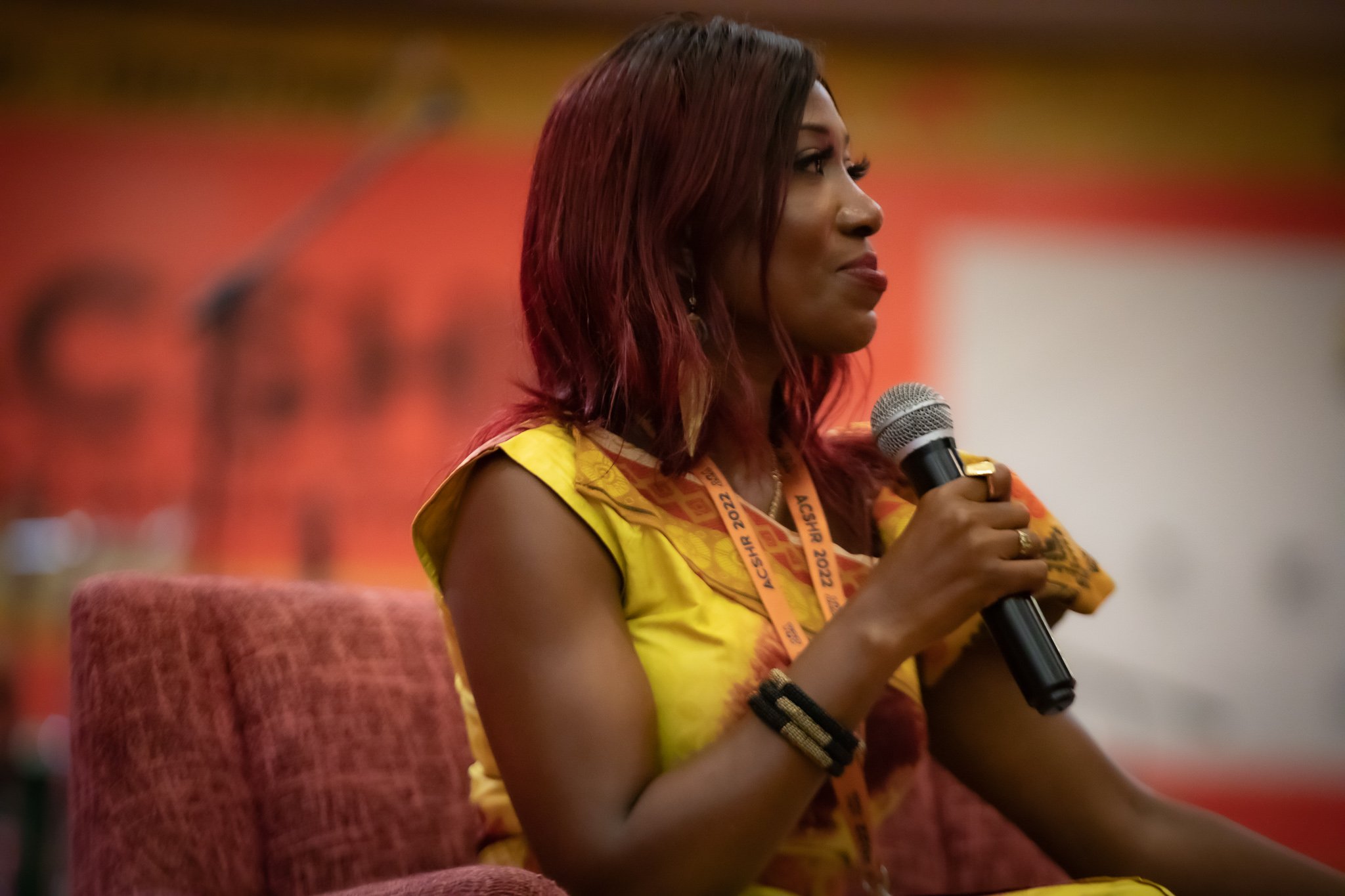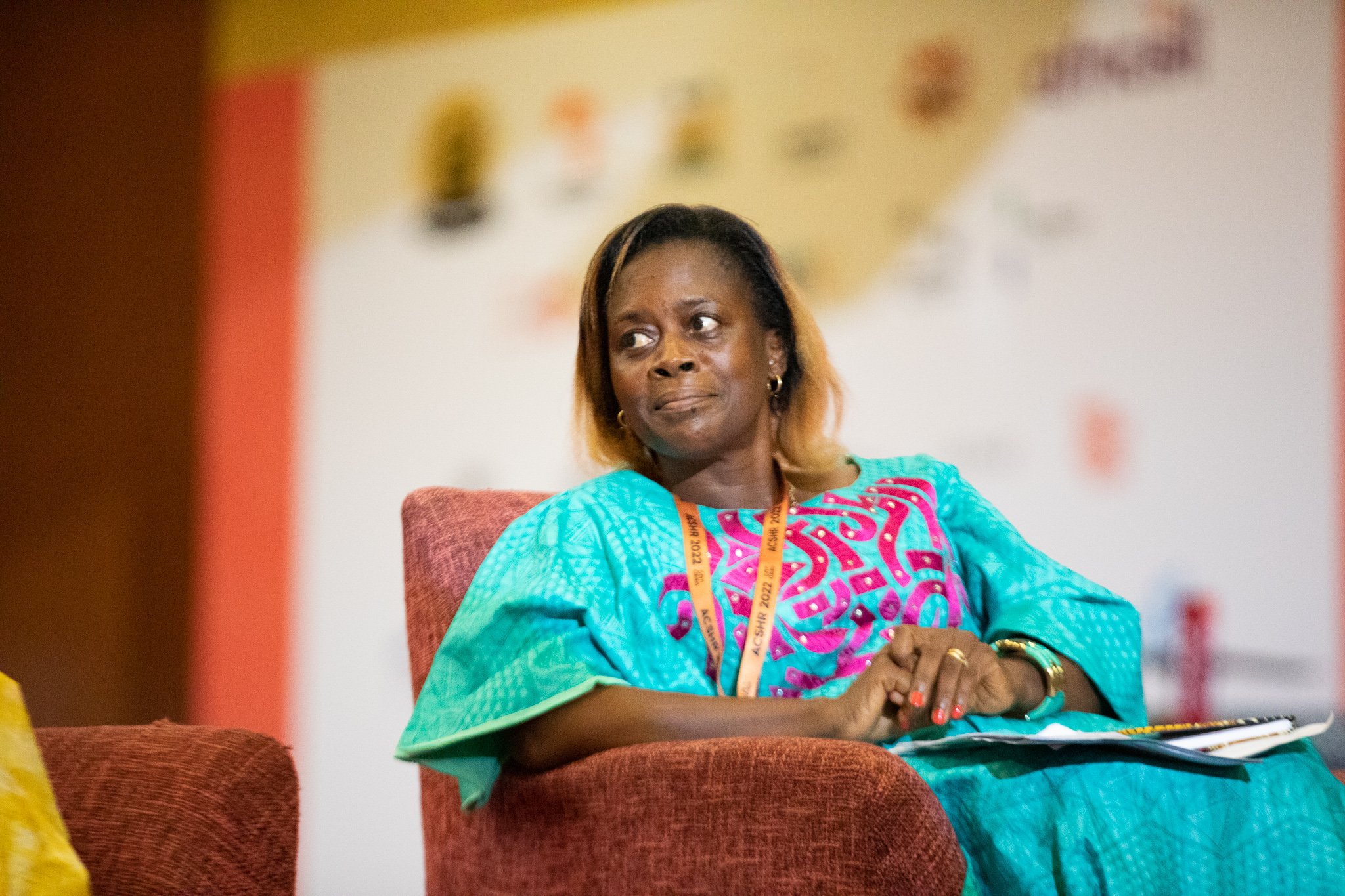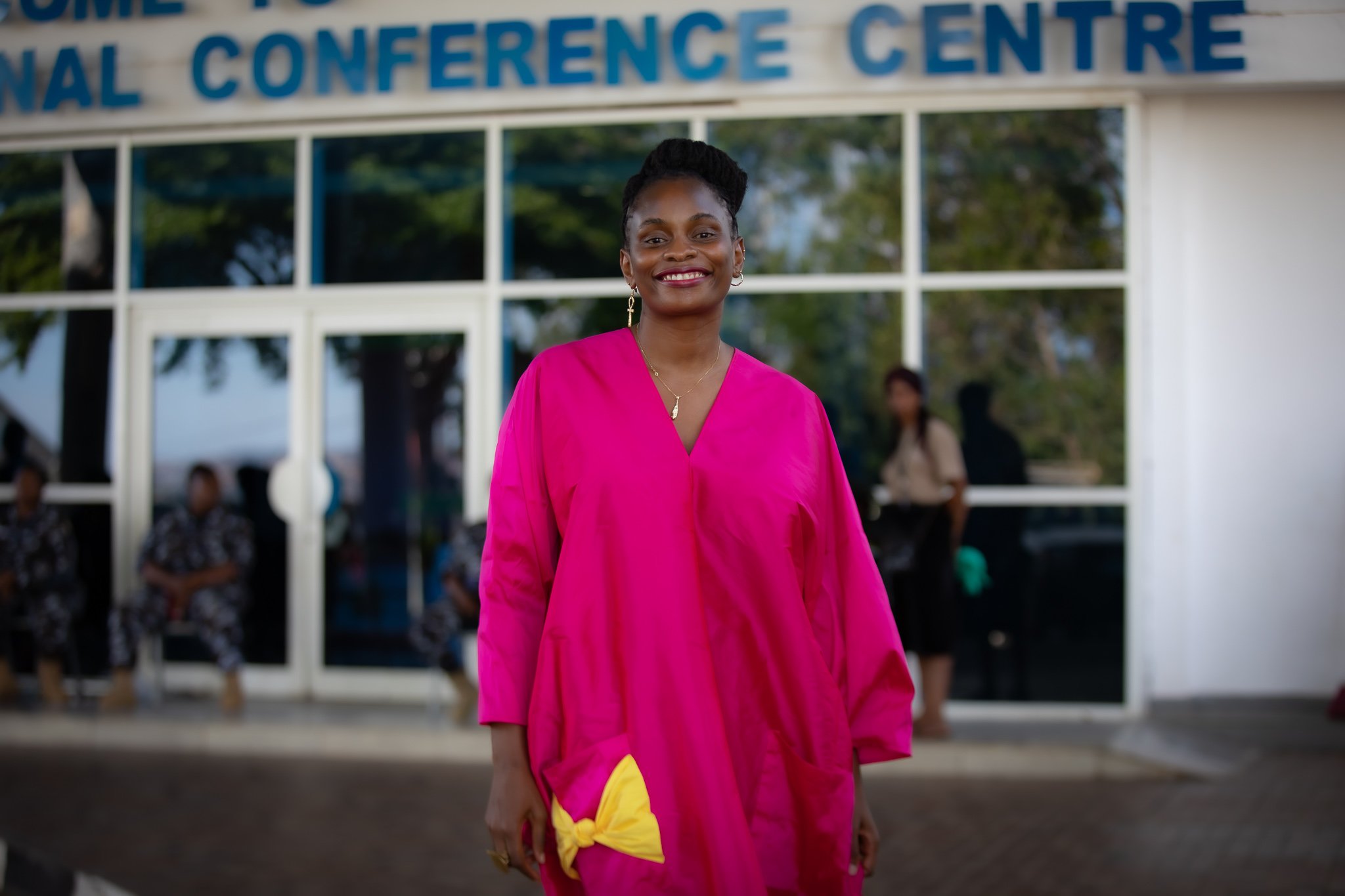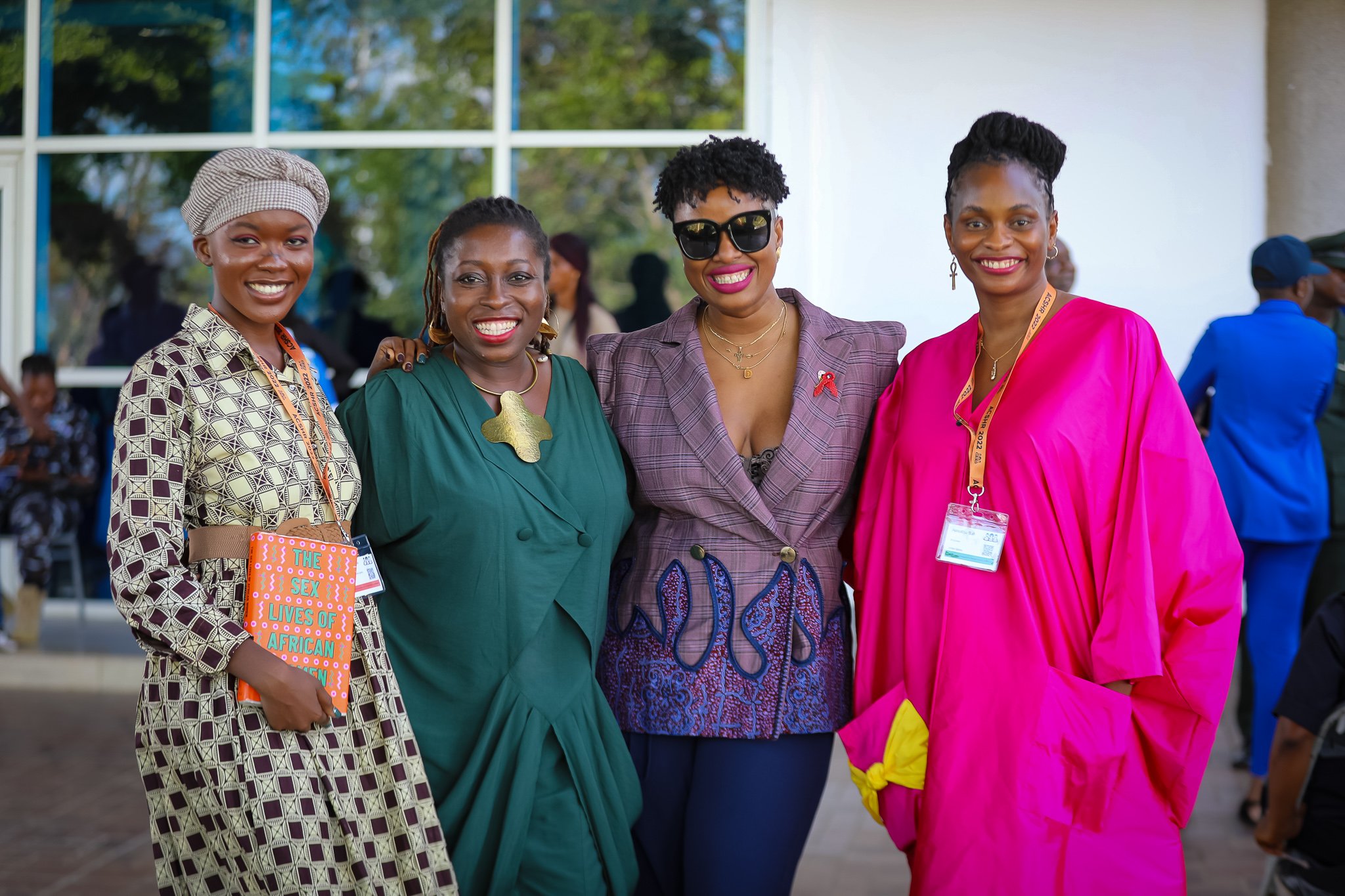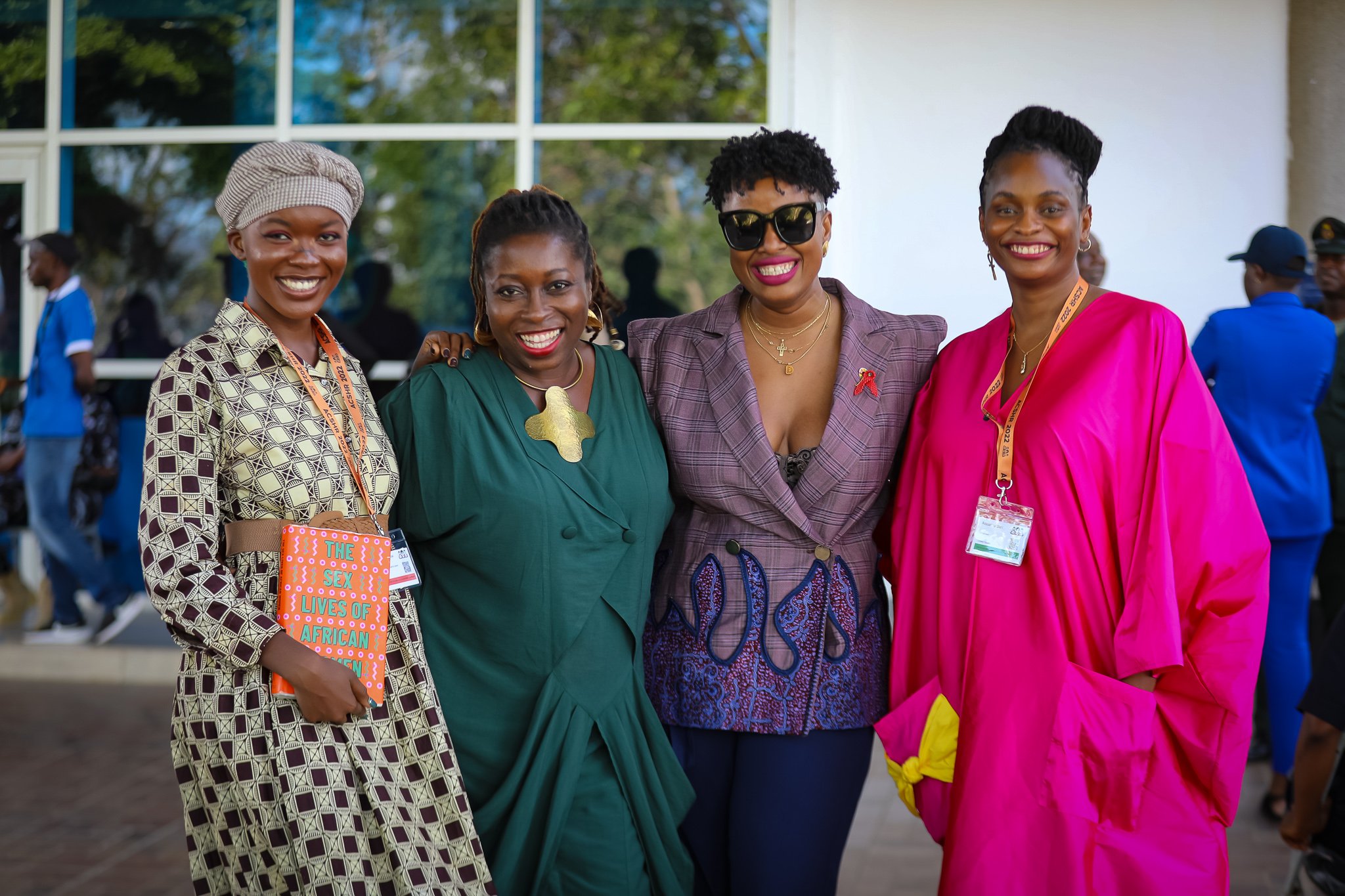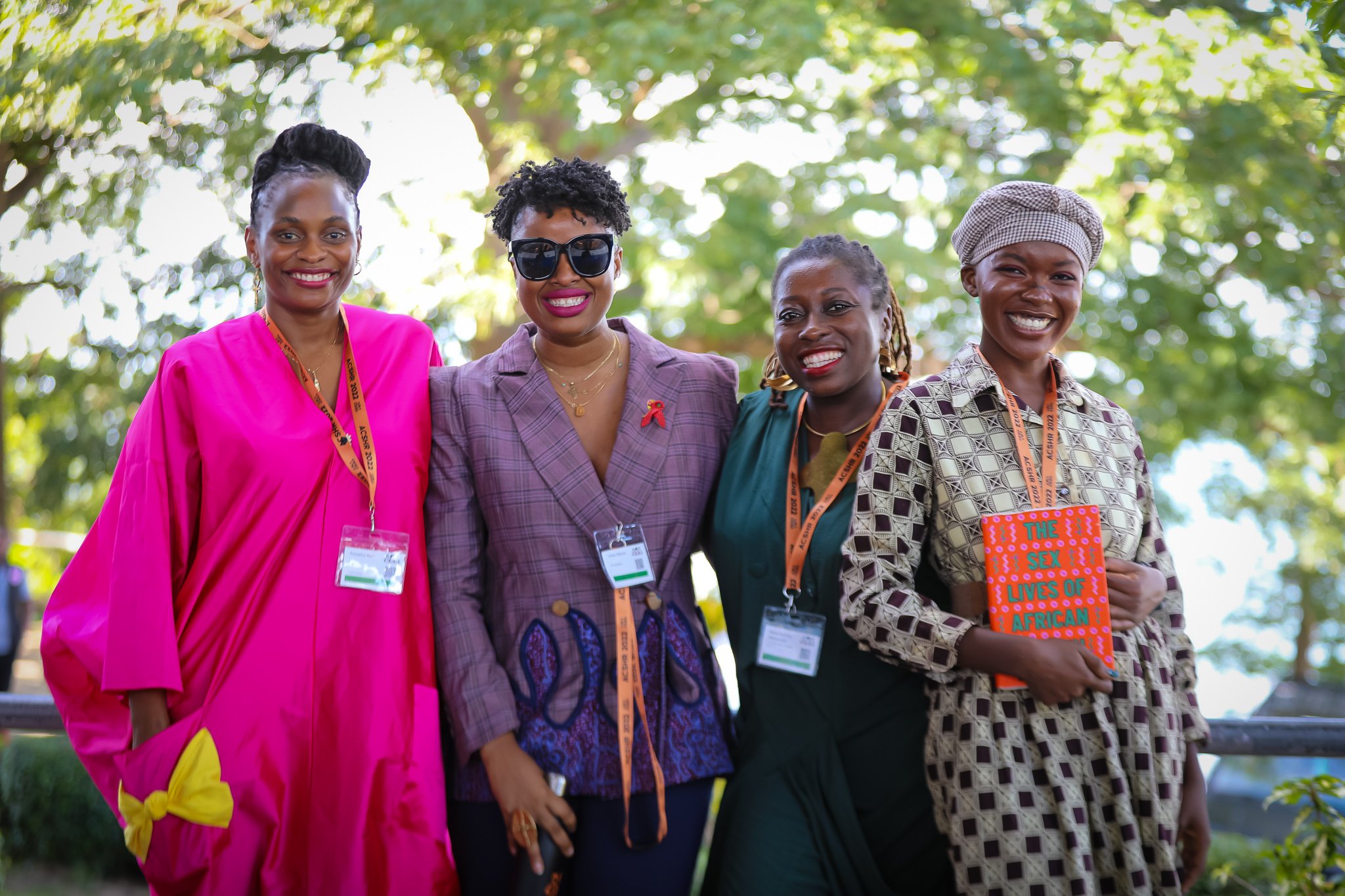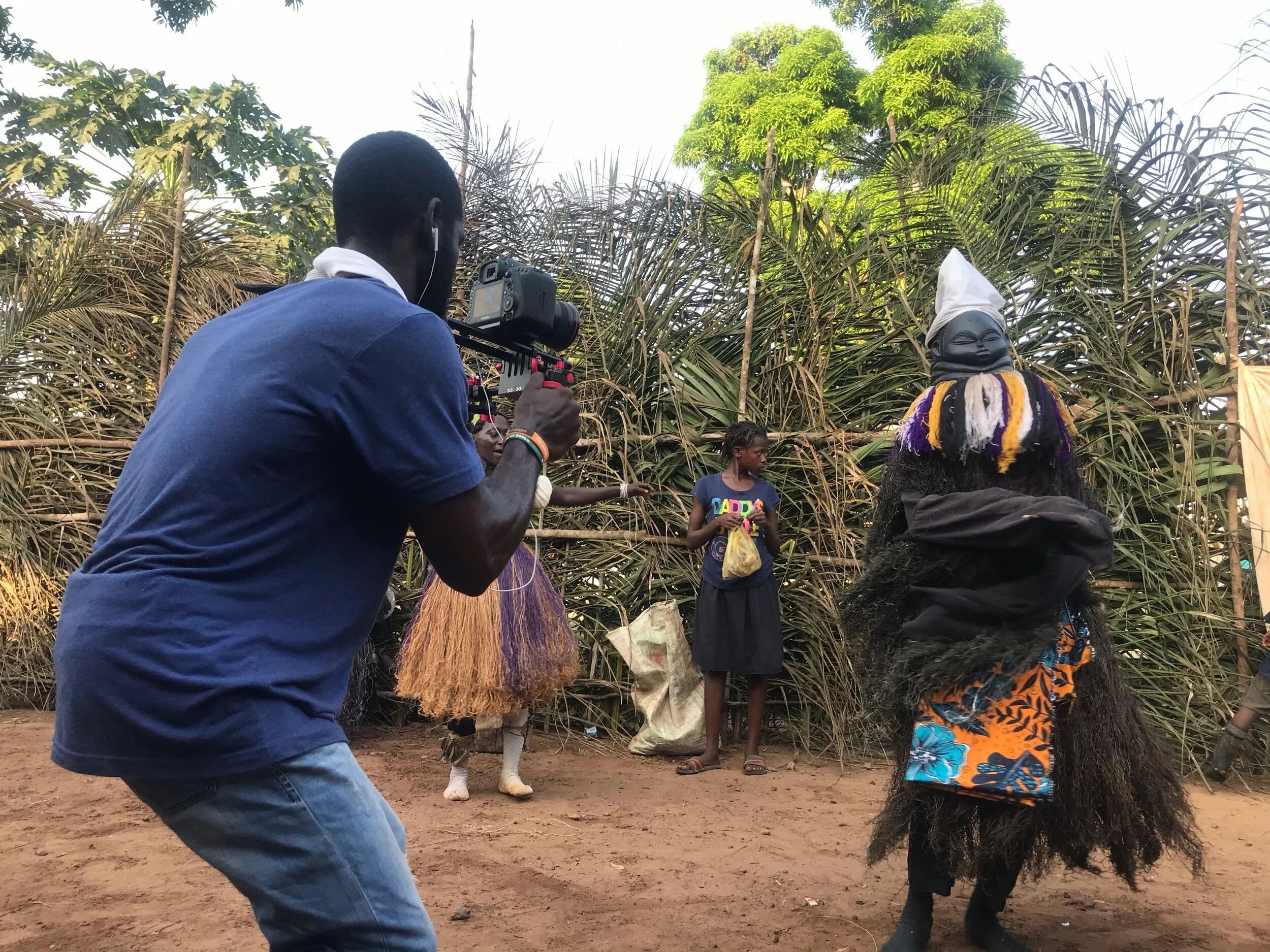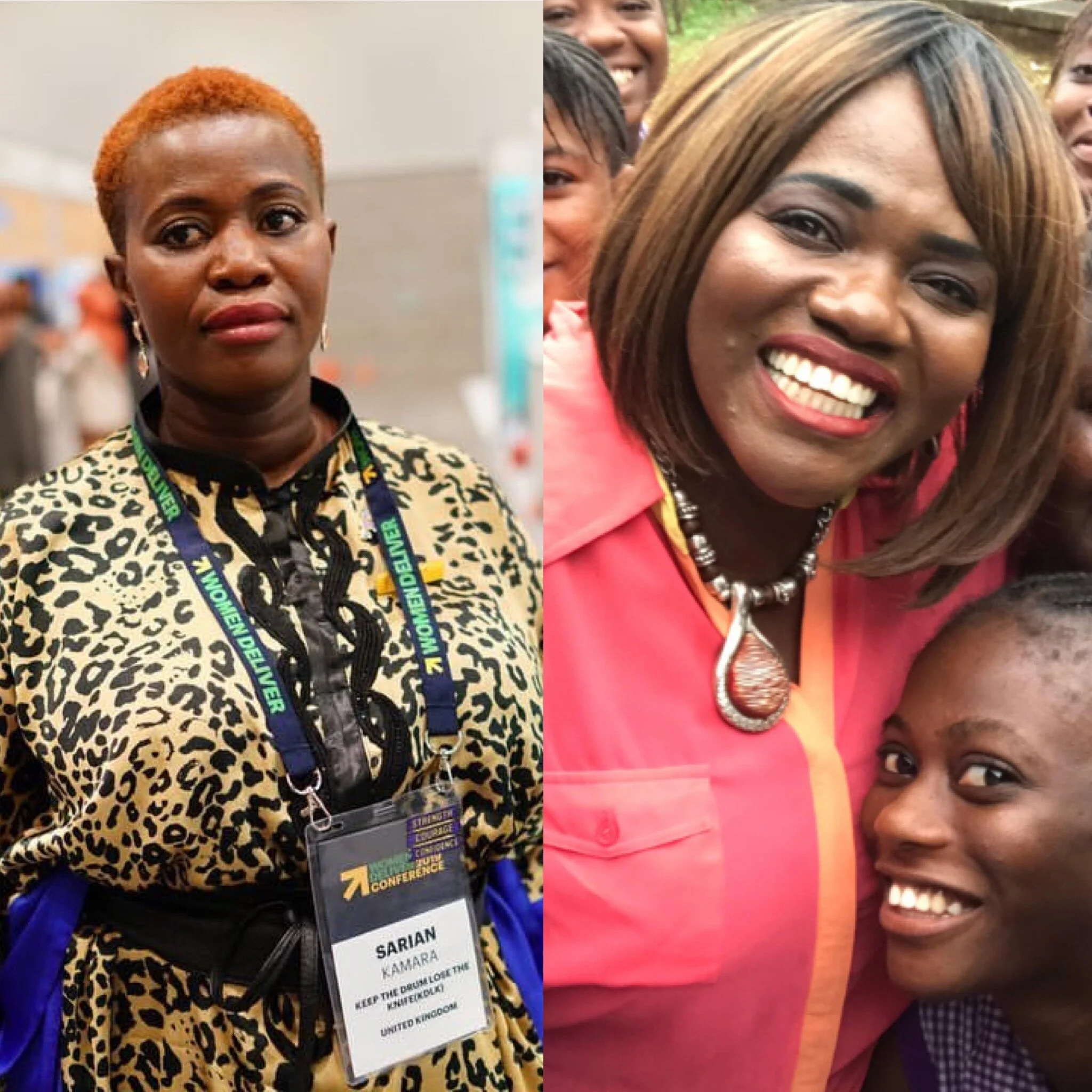There's One Way To End FGM In Sierra Leone - Lessons From The 10th African Conference on Sexual Health and Rights
Finding Common Ground and Sisterhood in Sierra Leone’s Women’s Movement
Sierra Leone hosted 900 activists last week at Africa’s largest bi-annual sexual and reproductive rights gathering. The 10th ACSHR was convened by the African Federation for Sexual Health and Rights (AFSHR) and hosted by Purposeful with the First Lady as the Honorary Conference Chief Patron.
Sierra Leone was the correct country to host the event because although the government has made legislative progress in the fight against child rape, we are not a model in safeguarding. Child marriage is still legal (the 2007 Child Rights Act sets the legal age for marriage at 18, but the 2009 Customary Marriage Act allows parents and local government officials to consent to underage marriage). Abortion is still a crime. Maternal mortality is one of the worst in the world, and female genital cutting/FGM is still legal and done on girls as young as five. The government’s “radical inclusion” brand of recent years is rhetoric.
Right from the start having the First Lady as a chief patron for a gathering on sexual and reproductive rights was a contradiction. She spearheads a national campaign against child marriage and rape but doesn’t believe that female genital cutting is a harmful traditional practice.
Ending female genital cutting is key to the emancipation of women in Sierra Leone. How can we dismantle the patriarchal structures that limit women’s participation in government, the formal economy, and society if those that make them second-class citizens from girlhood remain?
Sierra Leone needs to take a more progressive stance on sexual and reproductive rights for girls and women, and to do so, the government must end FGC/FGM. The only way to do this is to pass laws that protect girls from female circumcision.
However, deep divisions between women’s leaders are standing in the way of progress.
Last Wednesday, I was in the audience for the expert panel on “Ending FGM On the Continent–What is the Way Forward Foward”. Moderated by Nicky Spencer-Coker, Head of Advocacy, Purposeful, the panelists included Sierra Leone’s Rugiatu Neneh Turay, Chairperson, Forum Against Harmful Practises, Dr. Leyla Hussein OBE, and Dr. Costly Aderibigbe, President, Global Youth Consortium Against FGM.
While the panel was thought-provoking, I felt even more fulfilled after engaging women on the sidelines. Sierra Leonean women can and will lead the campaign to protect girls from female genital cutting if women leaders can find common ground.
After the FGM panel, Naasu Fofana accused Sierra Leonean FGM campaigners of giving false testimony against her in the UK. They said she was a danger to girls. She explained how as Sierra Leone’s first and only gender advisor, she had engaged soweis and worked to develop a guideline to establish a minimum age (18) of consent for Bondo initiation.
The FGM campaigners she accused are women many of us know and respect; tension hung over the room. Nicky calmed the tension that Naasu’s accusation sparked and ended the session.
As the session ended, I saw the pain on Naasu’s face and felt empathy for her. I gave her a big, long hug. It didn’t stop me from wondering if these personal grievances within the women’s activist space are why progress has stalled on FGM. Is it right for us to raise personal grievances in public when a united front is what we need to further our causes? Or must we have these public conversations (given that the personal is political), respectfully listen to each other’s different views and find common ground?
In the decade since I have been aware of and later active in the women’s movement, a lot has changed––digital activism has given rise to new voices like mine, but the internet has also created more palava.
The Women’s Movement––new voices and the digital divide
When I moved to Sierra Leone in 2007, my first introduction to the women’s movement was through my Godmother (my mom’s oldest friend), Yasmin Jusu-Sheriff. She was leading the Mano River Women’s Peace Network (Marwopnet). It was an umbrella organization of women’s grassroots movements formed during the women’s peace movement that ended the fighting in Liberia and Sierra Leone. She had volunteered me to work as an elections observer for the upcoming presidential and parliamentary elections.
One Saturday morning, she turned up at our home and said kam mek wi go. We went to the Marwopnet office, where there were two dozen other women. I was the youngest. All the women there were “aunties”. They were not my peers in more ways than one.
Several years later, when I joined the 50/50 group, I was one of the youngest members. I don’t remember ever seeing anyone my age in the membership. Again the women were “aunties”. There was respect and admiration. I was free to engage but knew my place––I was new to the movement, young and inexperienced. I was there to contribute but mostly to listen and learn.
When we had meetings, there were lots of disagreements. You get Aunty Nana, Aunty Yasmin, Aunty Maude, and Aunty Nemata in a room, and you don’t think they’ll be divergent views? Have you met them? I’m not going to say they’re crazy kuz na wi aunty dem, but to rise as a women’s leader in a place like Sierra Leone and take on the patriarchy, you have to be mad! However, their palava never left the meetings. When those women emerged from their engagement, they did so with wanwod.
The public discourse has moved online, and a more digitally savvy group of women from the diaspora and younger home-based voices have emerged. Many older leaders are still active in the women’s movement, but they’re less visible (except for a few like Aunty Yasmin, who continue to engage online). Many new voices lack finesse and have not been trained to build movements, engage in negotiations, or advocate.
The older leaders of the women’s movement have cross-cutting ties that ensure they can manage conflict. If Aunty Nana and Aunty Nemata get palava dem don sabi dem sef for long. Dem able tok am na kona. They have trust and mutual respect built over years of active citizenship. Sierra Leone’s digital activism space offers little common ground because we are all strangers. And sadly, social media platforms amplify and encourage conflict. The fastest way to gain a following online is to go after other leading digital voices. For example, I post a position on FGM. Someone eager to establish themselves in that space attacks me and, as a result, gains relevance and emerges as a “new voice”. Or maybe it's not an insult but a divergent view, but the online community positions us as adversaries. Lines are quickly drawn, and before you know it, we’ve gone from strangers to enemies, all happening in public.
Finding Common Ground––lessons from the ACSHR
Thank you @Purposeful_org and all the partners and sponsors #ACSHR2022
— Vickie ‘Make Sierra Leone Famous’ Remoe (@VickieRemoe) June 29, 2022
Where two or more #afrifem are gathered there is love and laughter.
I had a blast! Will write later.
For now love and light! @nas009 @fulaniigirl @TheAlima @KamSarian @ToyaGerber #sierraleone pic.twitter.com/gFRDBtyJfl
While I waited for my panel to begin, a small circle formed around me. Before I knew it, we talked about sexual pleasure, specifically clitoral stimulation for Bondo women. No to mi bigin am, na dem tok!
“Vickie, Mende Bondo different na small dem day take,” Naasu said.
I burst into a fit of laughter. It didn’t stop there. Other Middle-aged Sierra Leonean women in the circle also expressed the same.
“Wetin make you tink say dem kin say Mende uman dem lek da tin? If wi no bin day get feelin yu feel say we go lek am?”
I cackled and hollered because Mrs. Karimu is an “aunty”, the last thing I was prepared for was to hear an aunty talk about sexing and sweetness.
“Mende Bondo different, una na small dem day take, we na all,” said Sarian Kamara, the founder of Keep The Drum Lose The Knife, a grassroots organization against FGM.
Sarian is one of Sierra Leone’s most powerful voices fighting to safeguard girls against female genital cutting while preserving the culture of the Bondo society. Sarian said that while she has found a way to get sexual pleasure, she is not a proud Bondo woman. She wants female genital cutting to the end. She hadn’t just been cut; she had been mutilated. She had suffered to give birth and had suffered from having sex.
Naasu, a proud Bondo woman, and Sarian, an FGM survivor and campaigner, had their arms interlocked for most of the conversation. And I was in the sisterhood too—an uncircumcised woman and an ally to FGM survivors. I listened intently, and while there was disagreement, the sisterhood was intact—I loved it for us.
We talked about how cutting has evolved and separated from traditional customs. Not all cutters are soweis. Soweis understand the need for sterilized tools. Nurses cut girls in their homes for extra cash. Modern life and the FGM campaign against Bondo means girls are cut without participating in the Bondo rite of passage.
All the while, Sierra Leone’s FGM campaign, much like the women’s movement, has stagnated. FGM activists have lost ground for multiple reasons, including a First Lady whose position on the issue has been ambivalent, infighting between new voices and campaigners, and a disconnect between the older women’s movement and the new age Sierra Leonean feminists.
But all is not lost; there is room for us to find common ground.
My position on female genital cutting remains the same. Female genital cutting is structural violence against girls. Whether it’s a small cut, a prick, nick, or complete removal of the clitoris––female circumcision is harmful. Sierra Leonean girls must be protected against ALL harmful practices.
To safeguard Sierra Leonean girls against structural violence, we first need peace and reconciliation amongst our women’s leaders. My takeaway from the impromptu sister circle at the conference is that Sierra Leone’s Bondo women feel their voices are intentionally silenced by FGM campaigns. They think the world only wants to acknowledge one narrative––Bondo is FGM. Until a platform recognizes that all Bondo experiences are valid, there can be no progress on the campaign to protect girls in Sierra Leone. You don’t have to be against Bondo to be for the safeguarding of girls against FGC/FGM.
Two women in my family entered the Bondo bush, each making a different choice for their daughter.
When I was about eight, my cousins went to Makeni to join Bondo, but I was left out. My mom decided before I was born that I wouldn't be circumcised. My grandmother was circumcised as a child. When her daughter, my mother, turned 12, she let her sister, who was a sowei, initiate my mom.
There is no way to predict whether a girl will grow up as Neneh, Alima, and Sarian—FGM survivors or Naasu and Mrs. Karimu—proud Bondo women.
If there is a possibility that just one girl can become a victim of FGM, we must ban female genital cutting. If, after reaching the age of 18 years, a woman can give informed consent to modify her genitals either through initiation into the Bondo society or hires a nurse to cut her clit—it is her body and her choice.
What needs to happen next is an intergenerational town hall where all women’s leaders can meet, heal and find common ground. Like our aunties, we must find a way to advance the cause of girls and women in a toxic-free environment. We can not allow the lack of resources and opportunities for the women’s movement to make us enemies of our progress.

